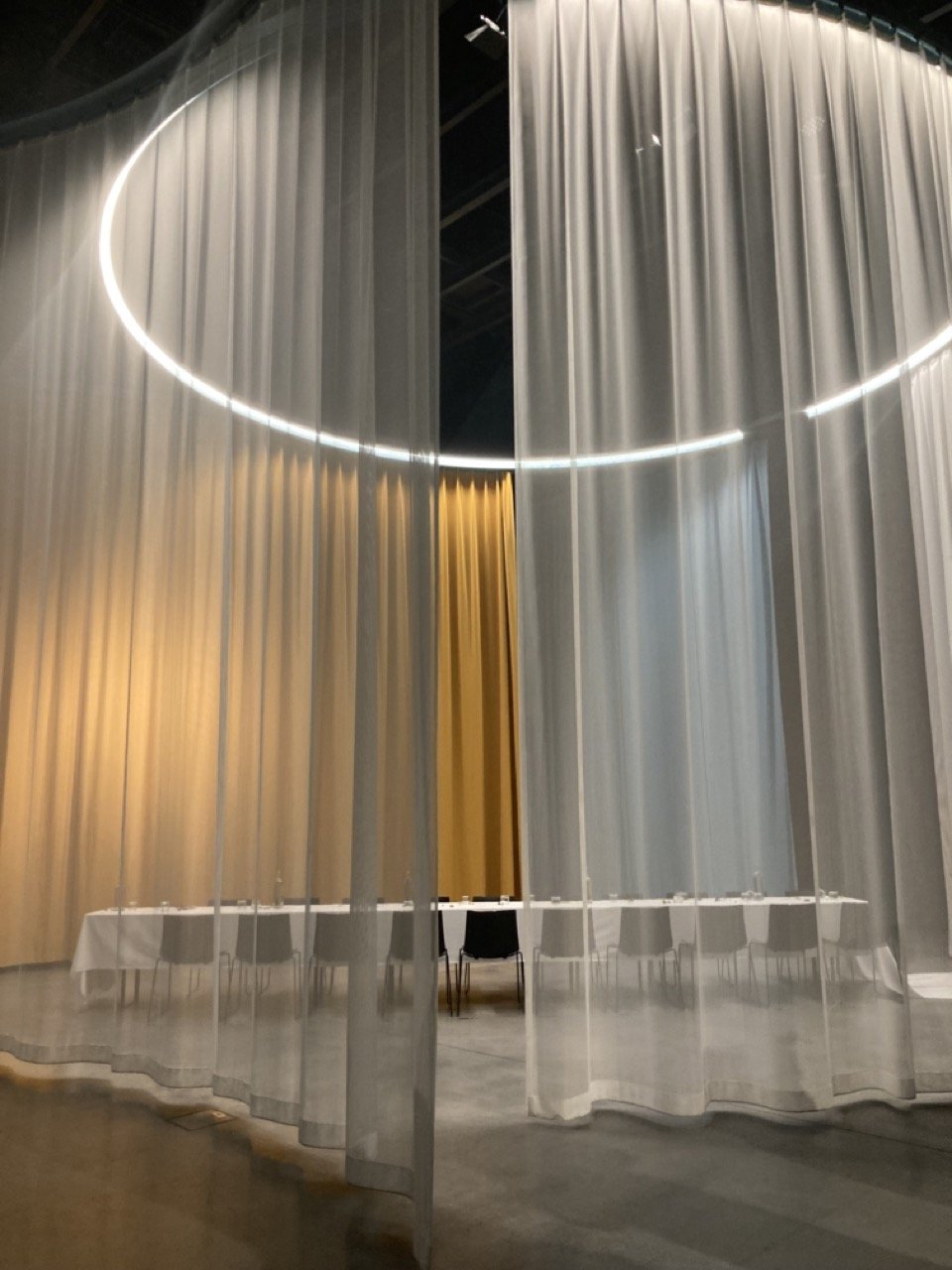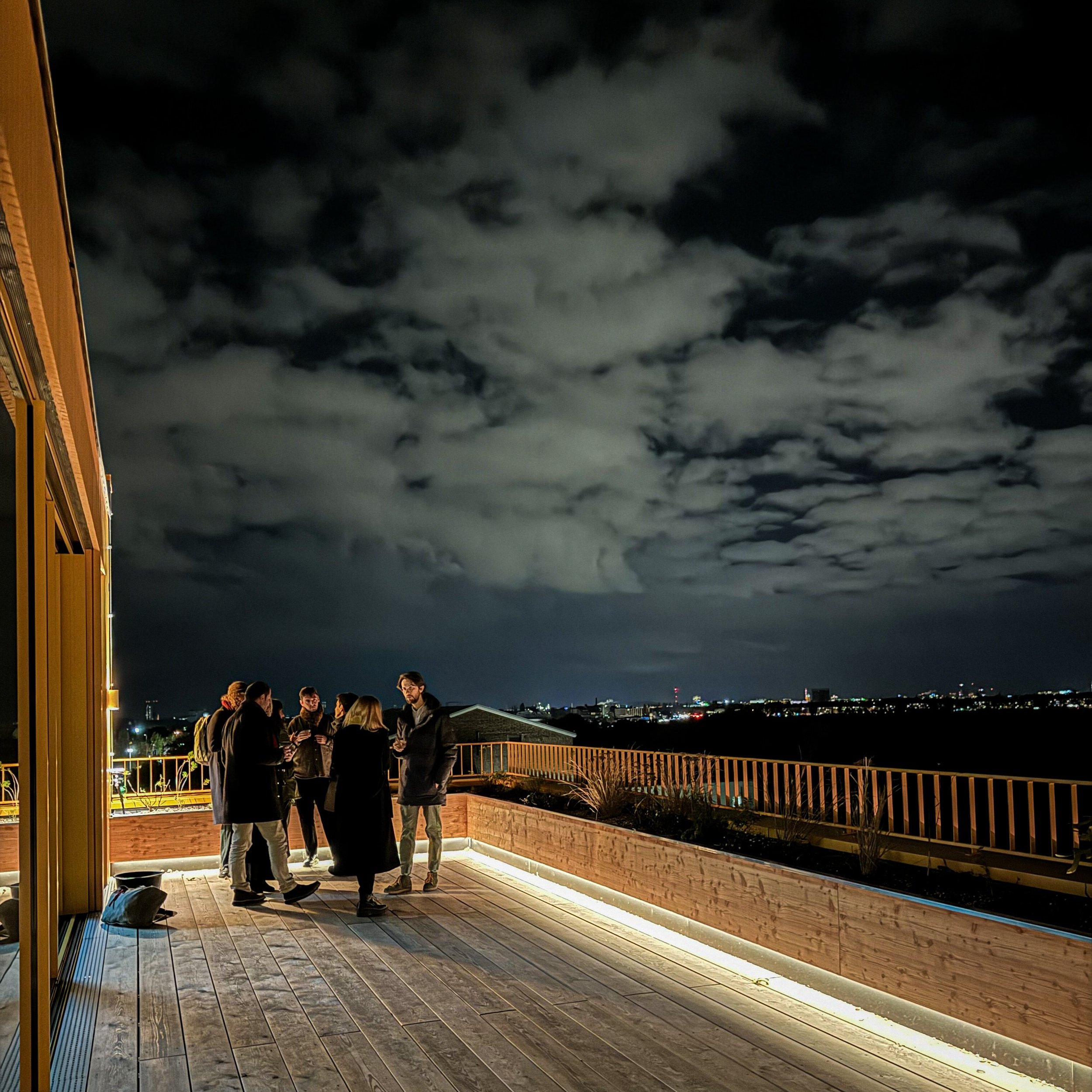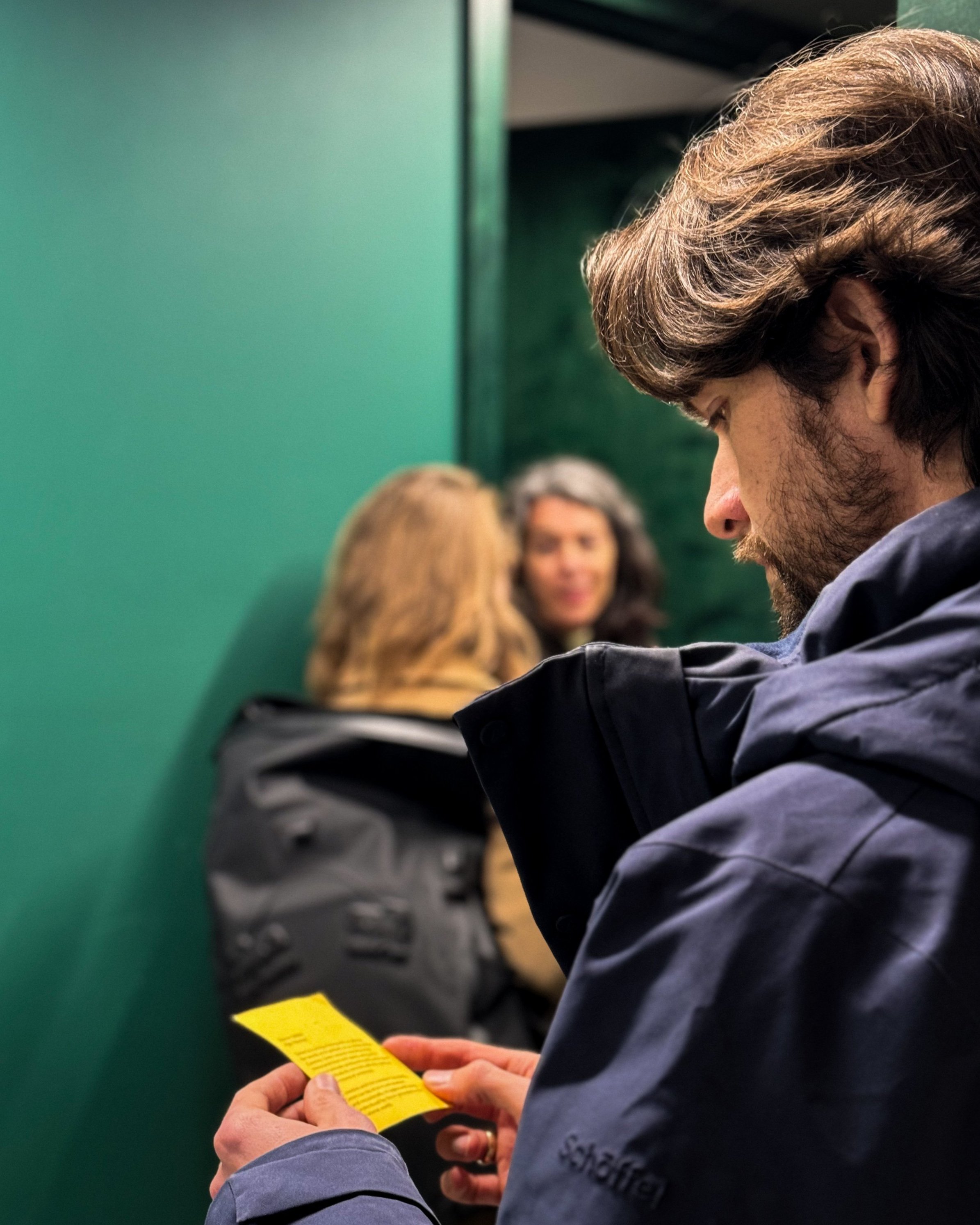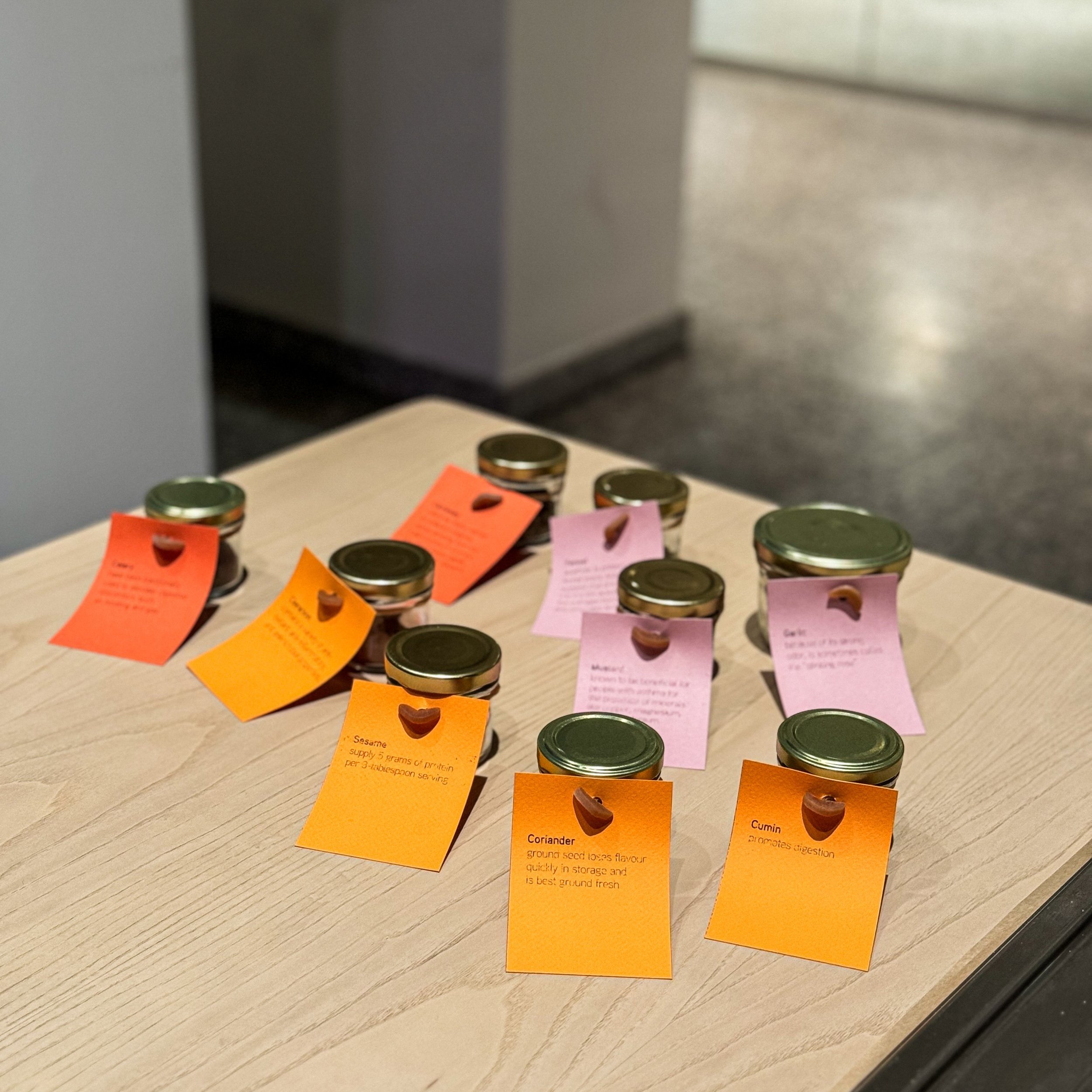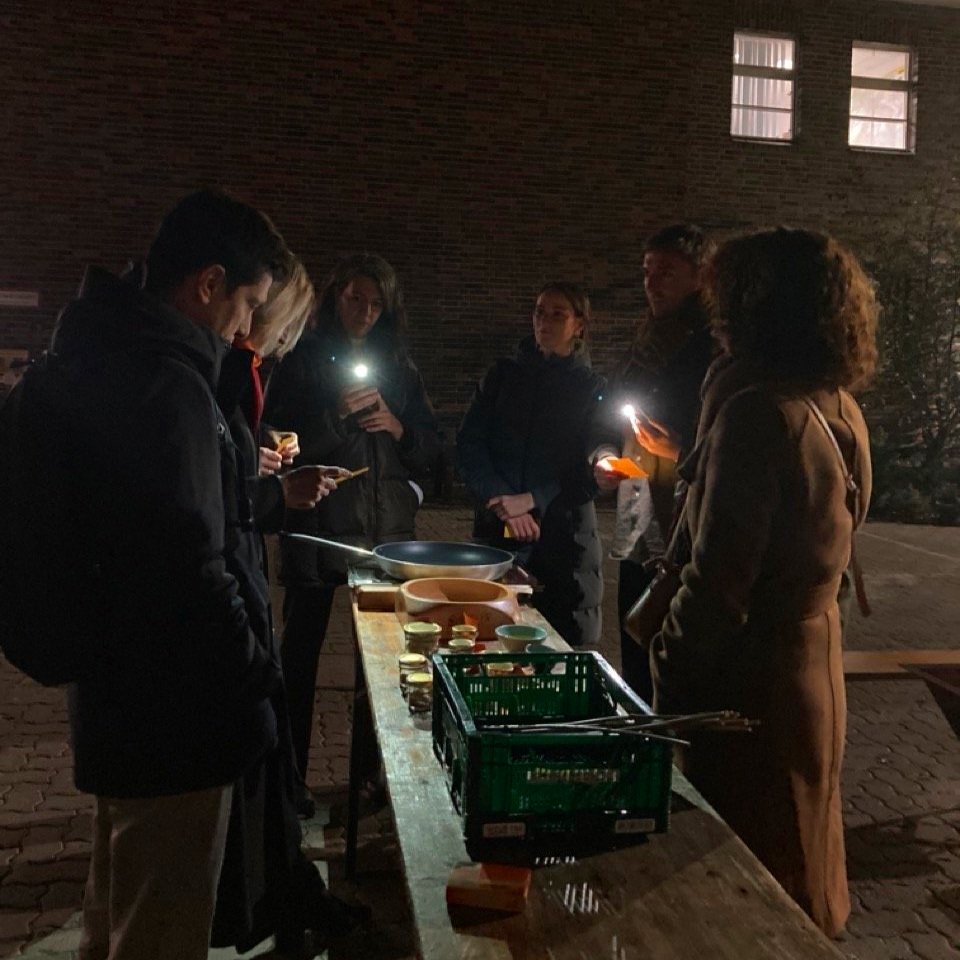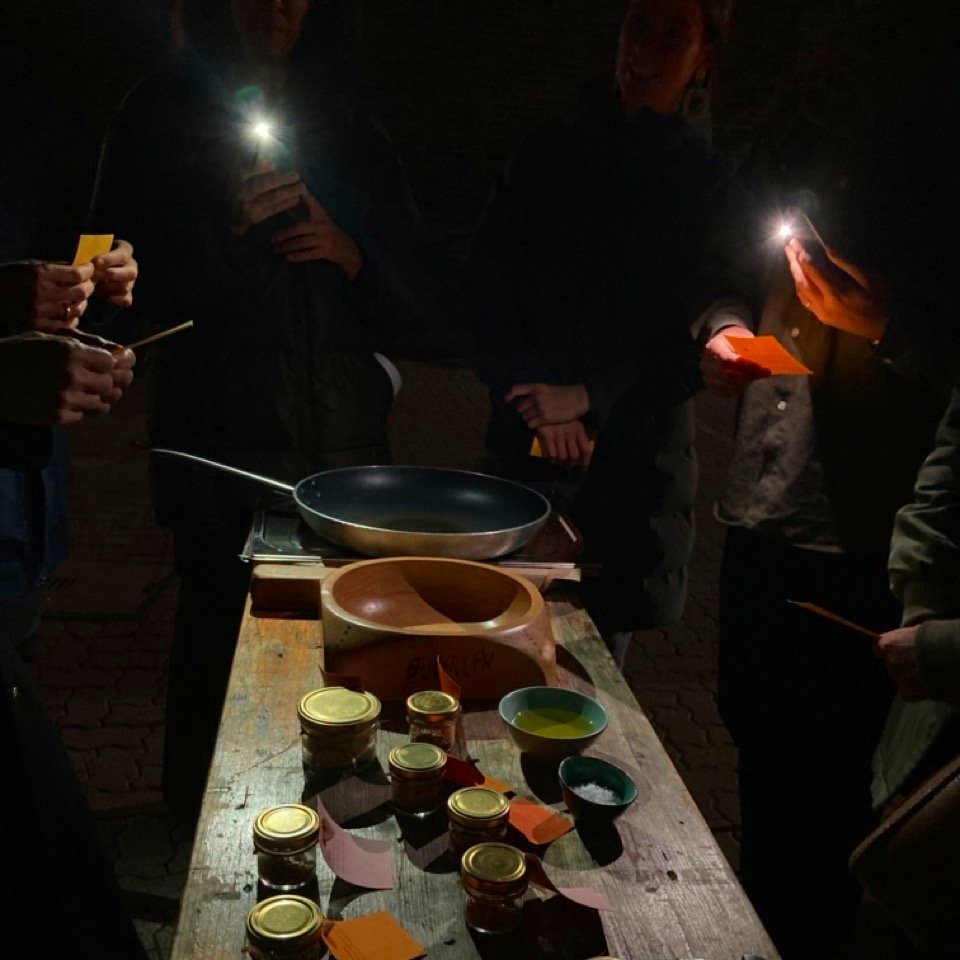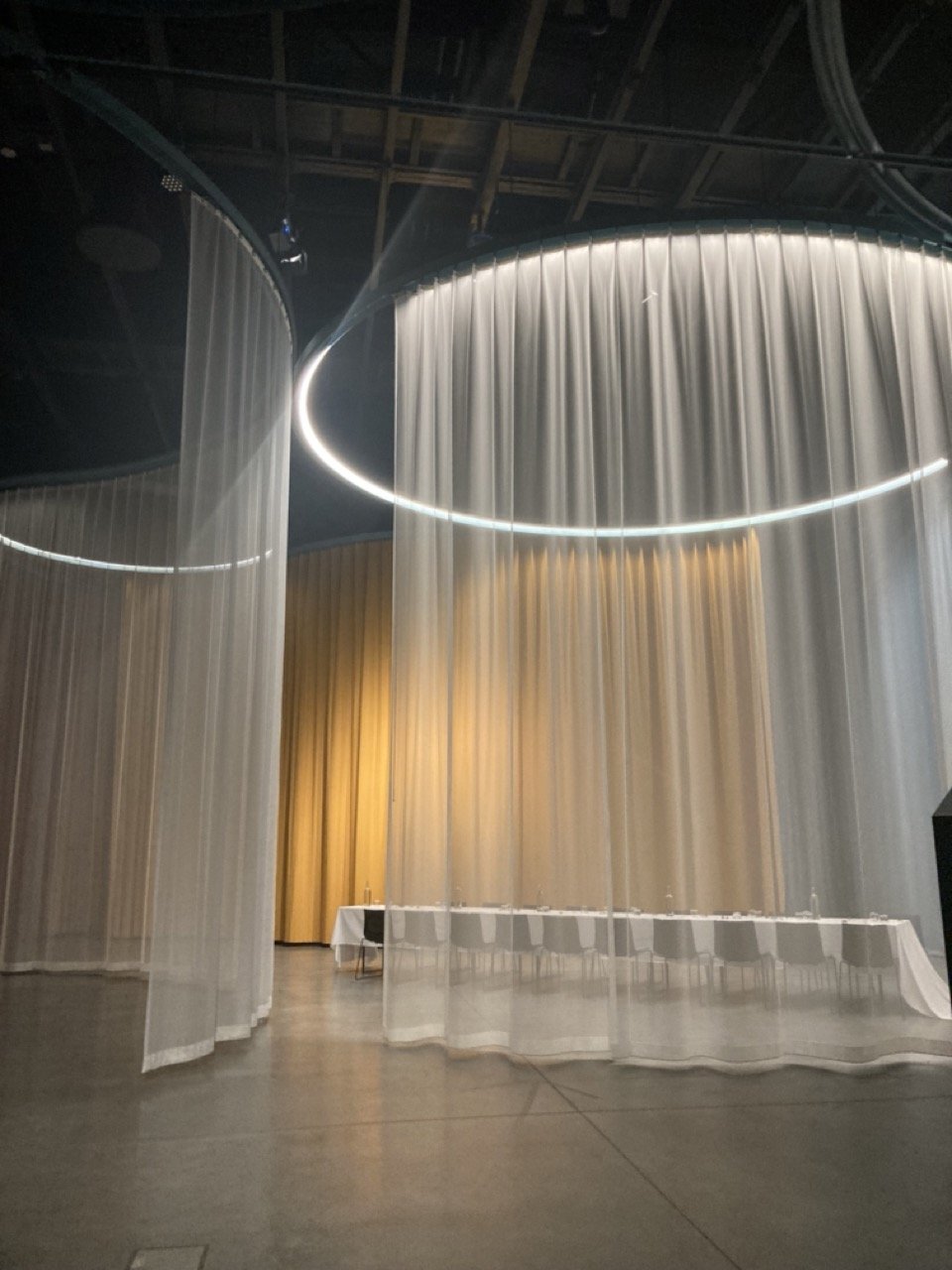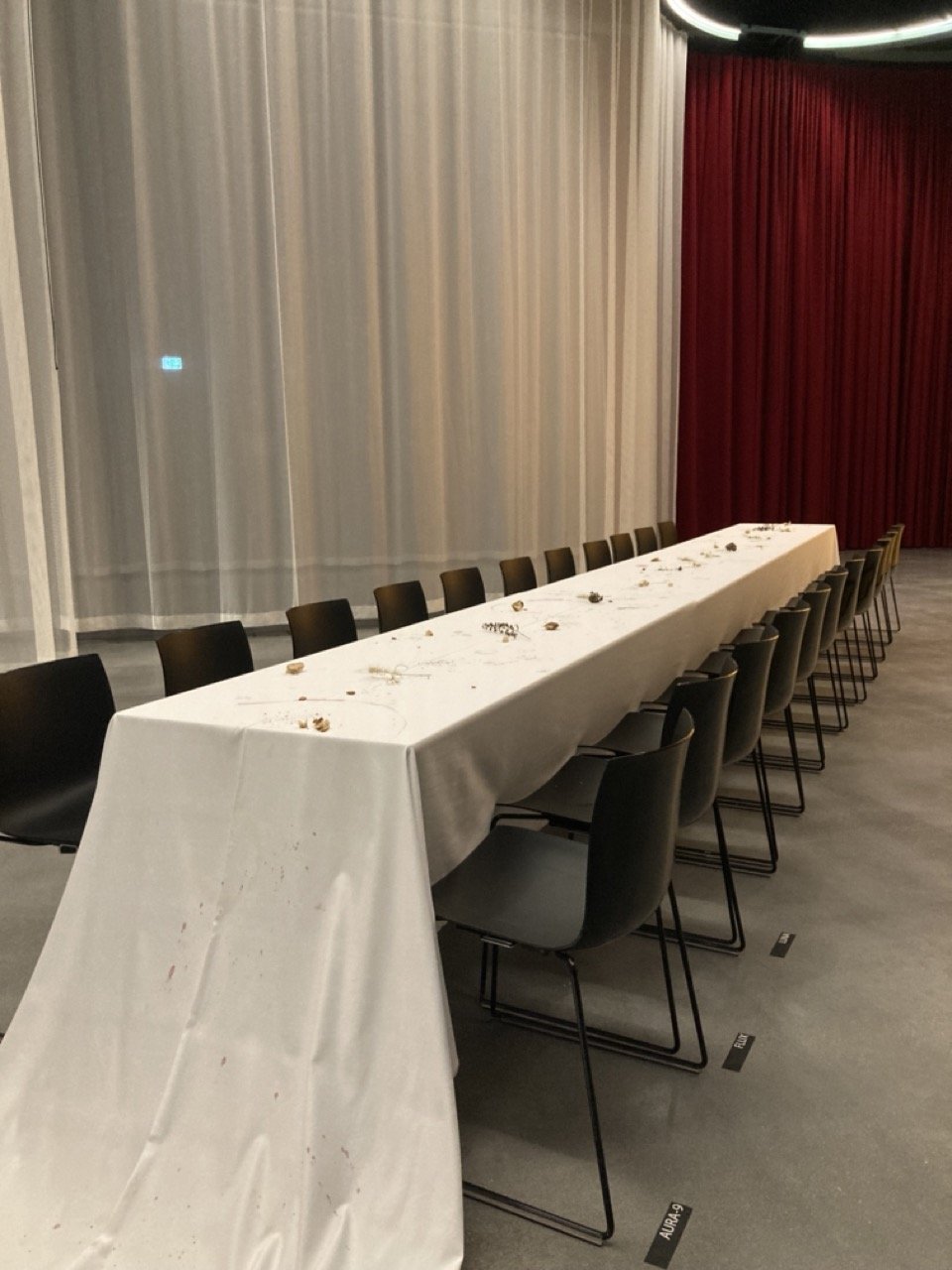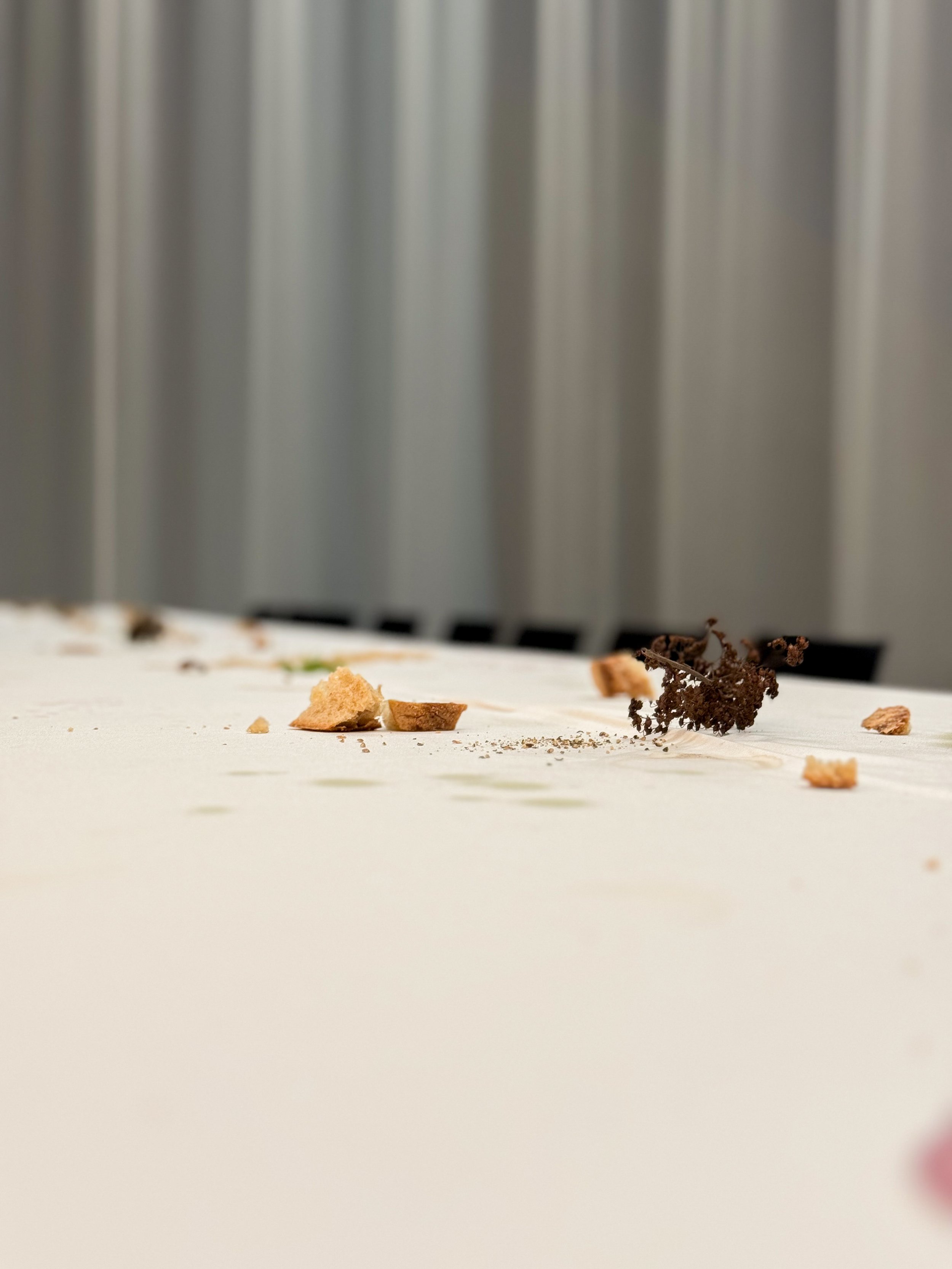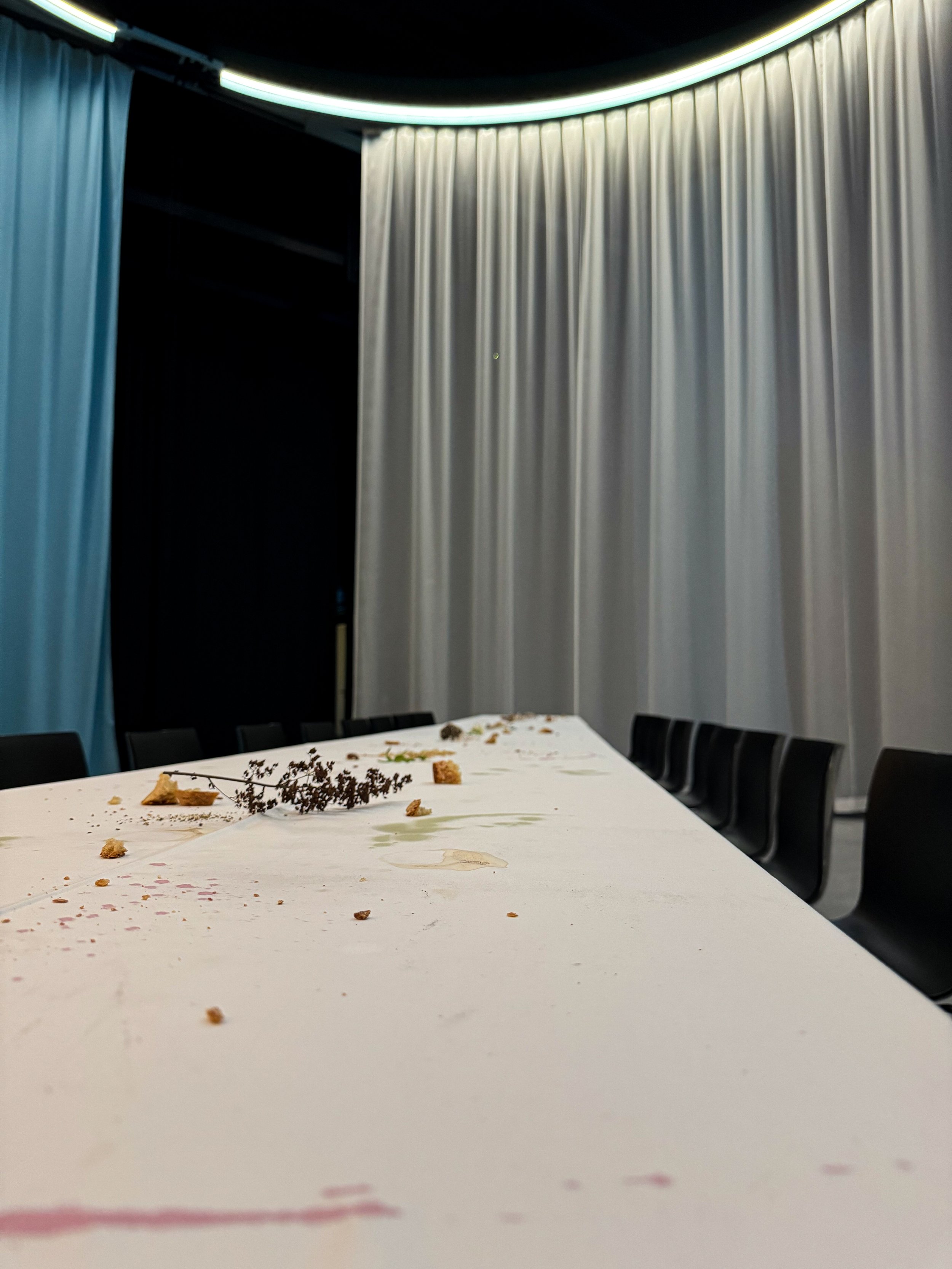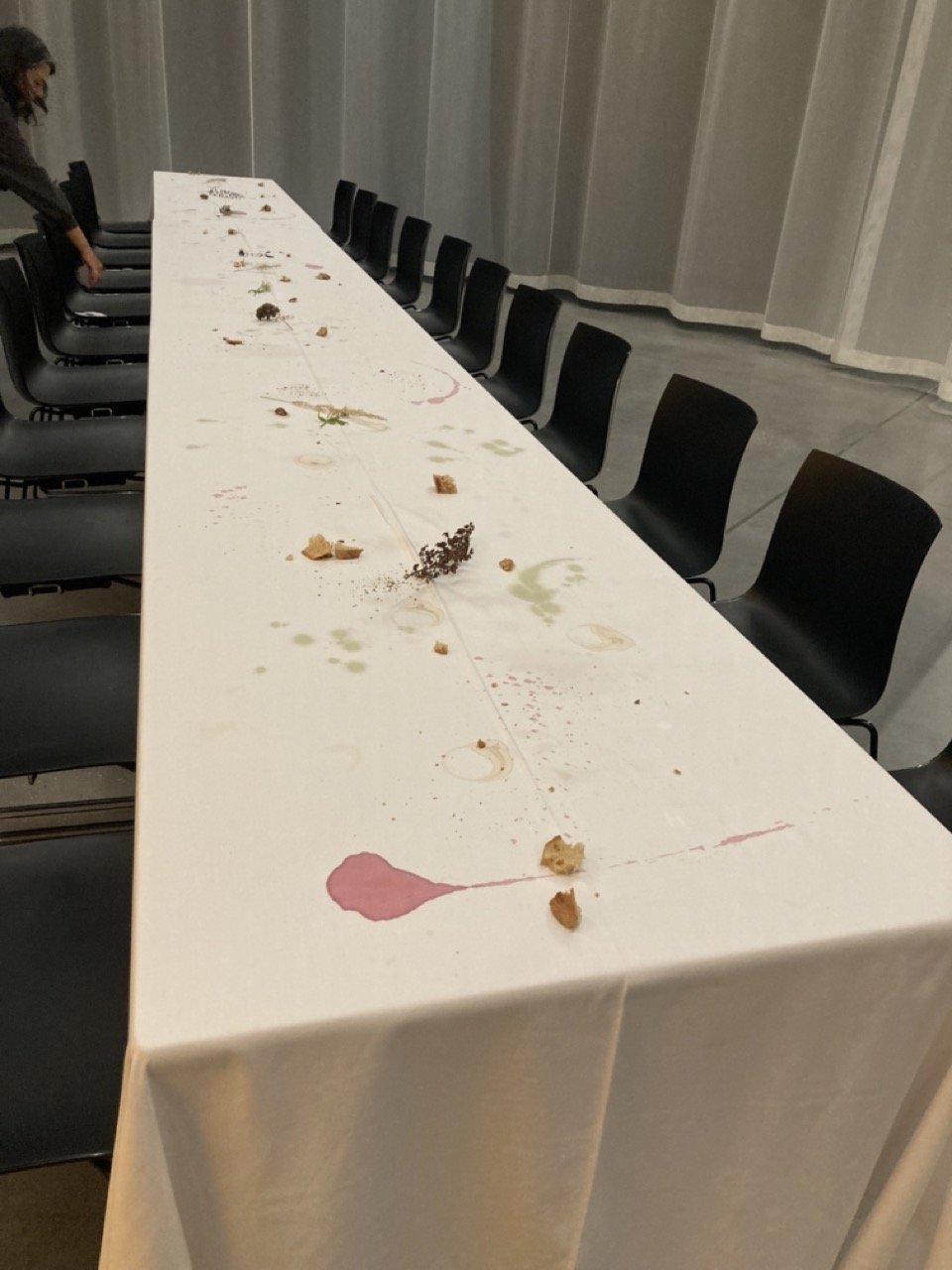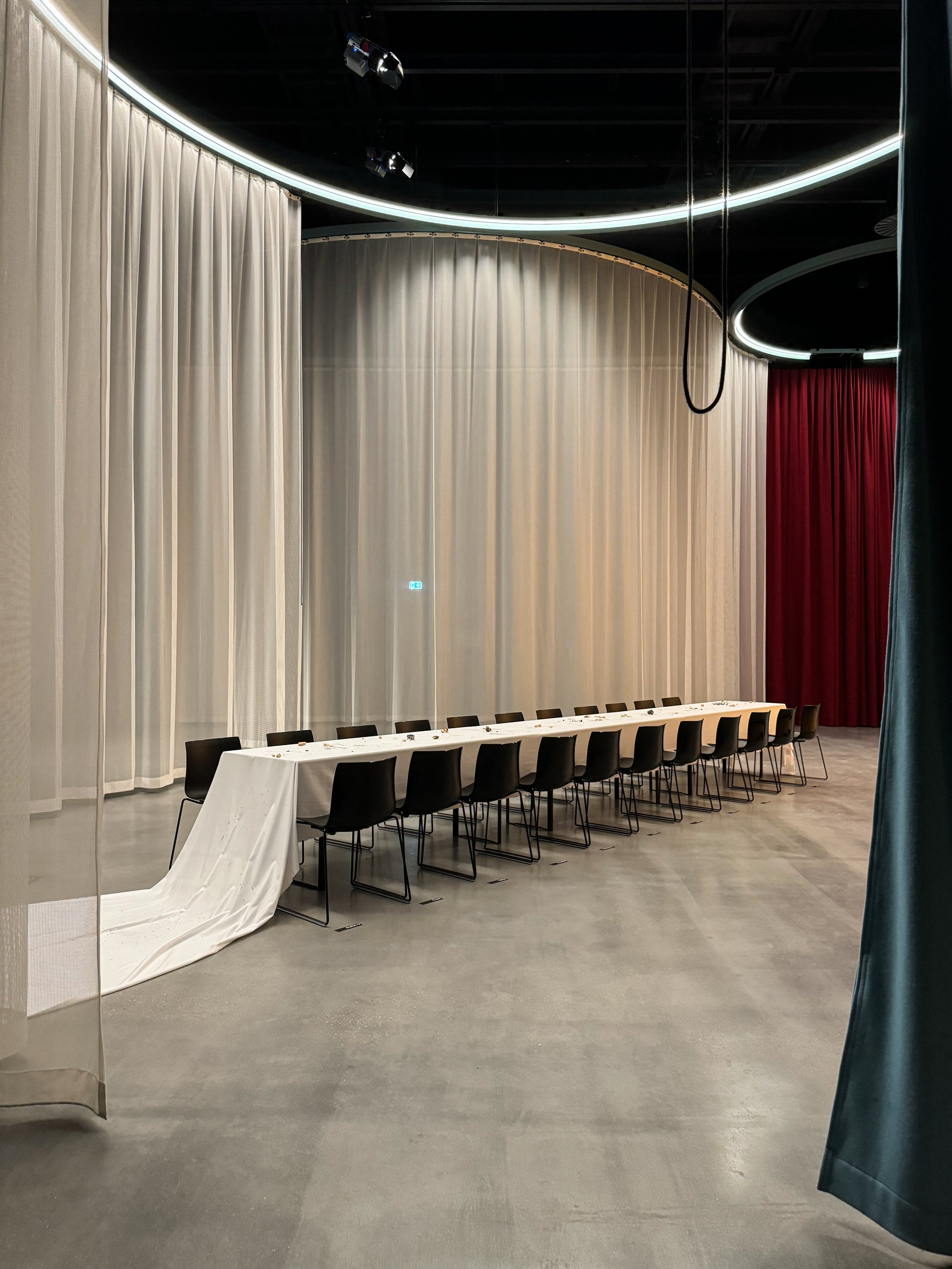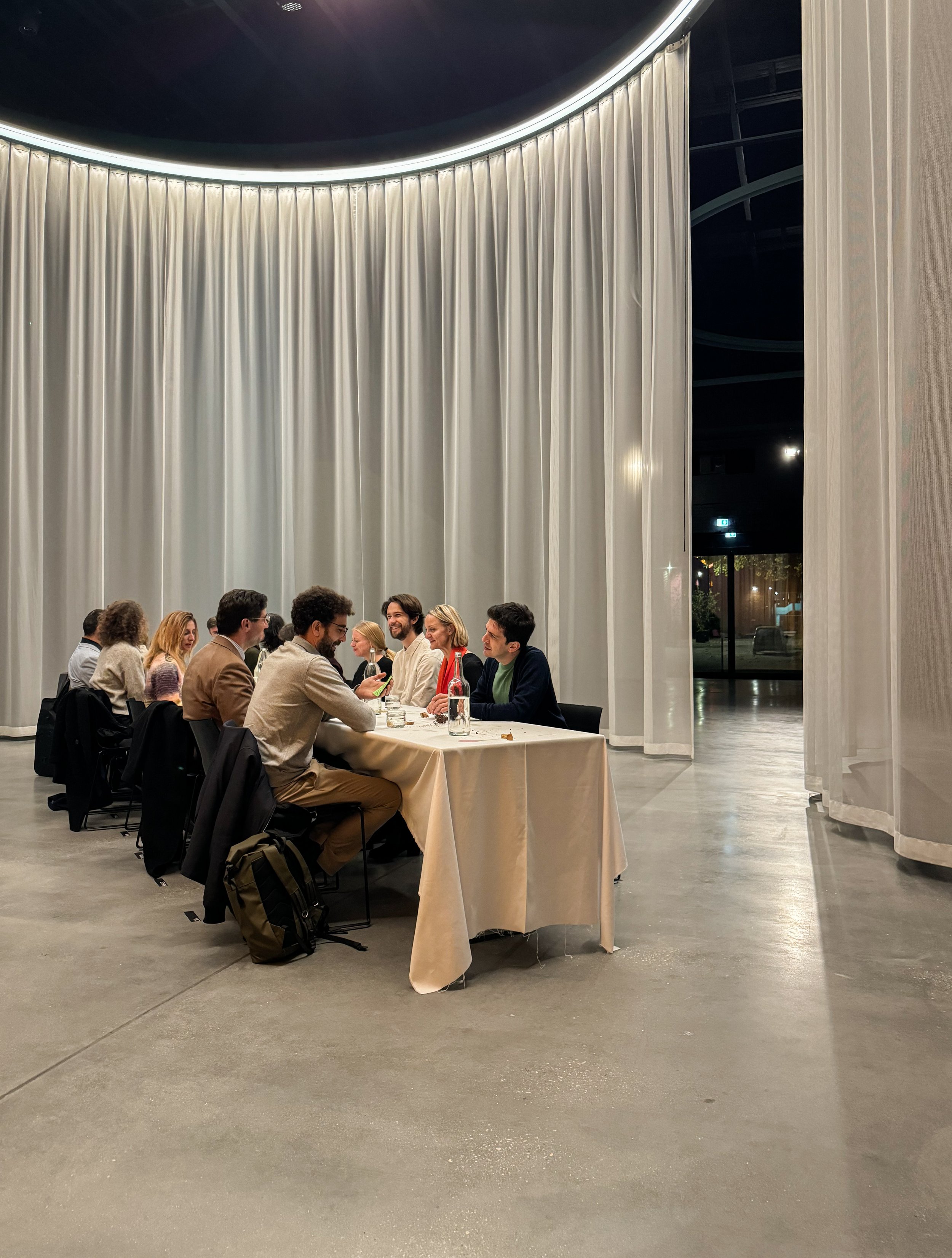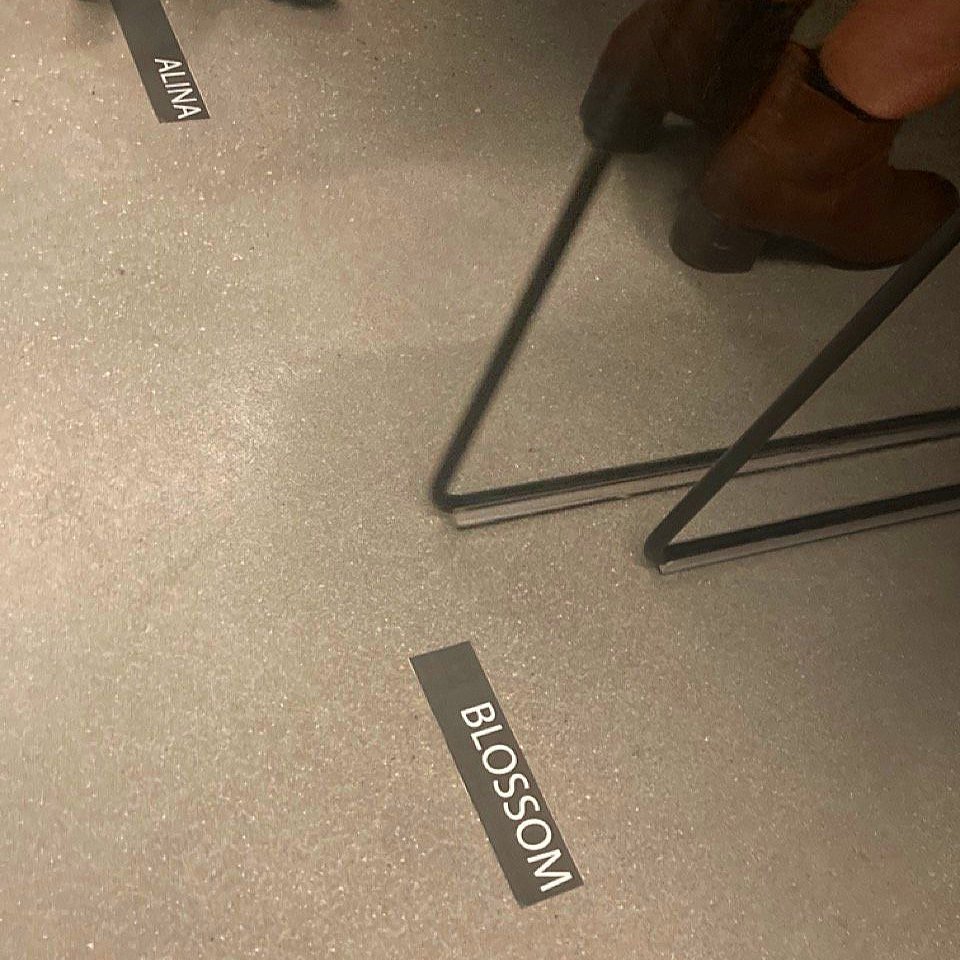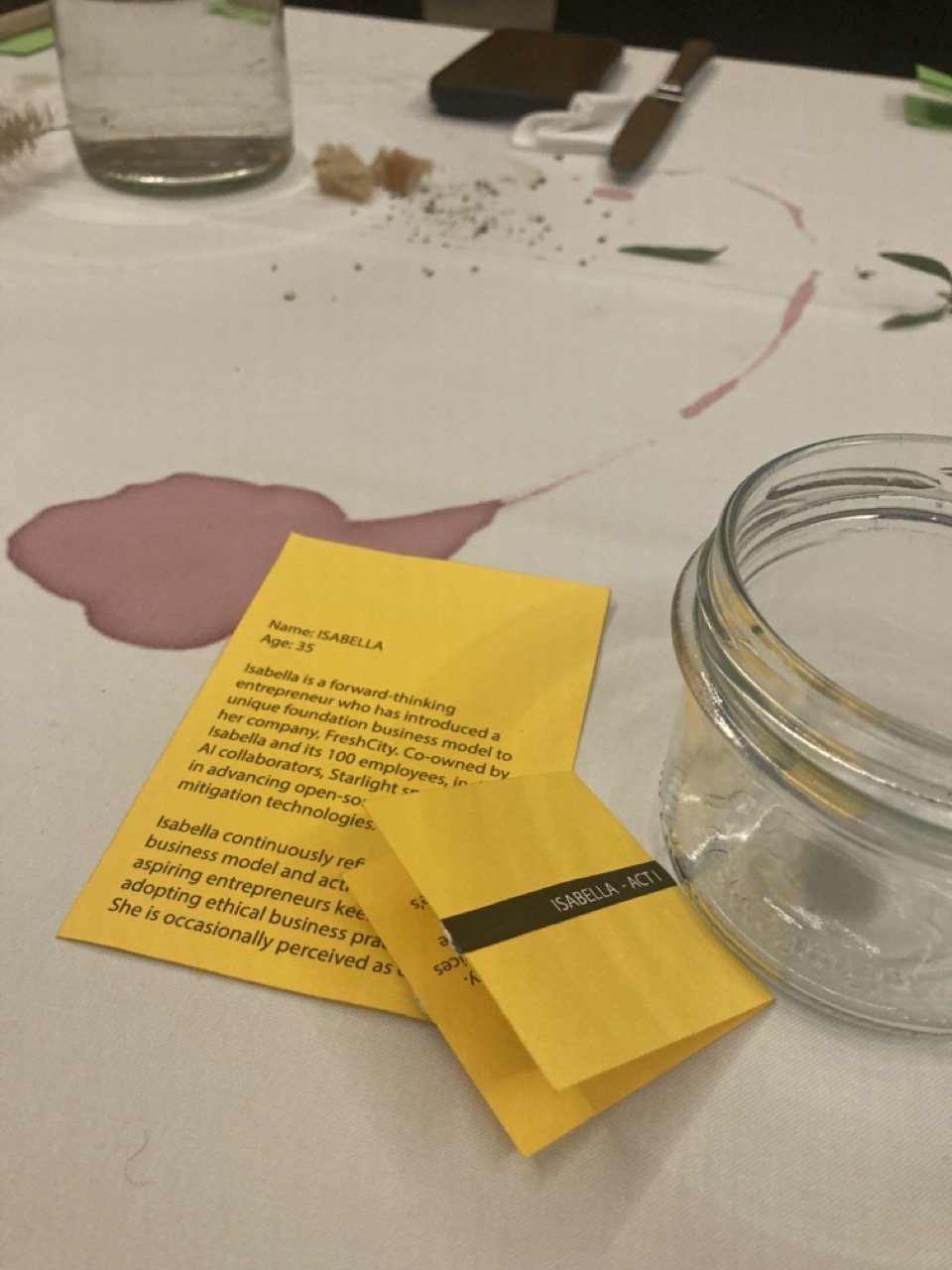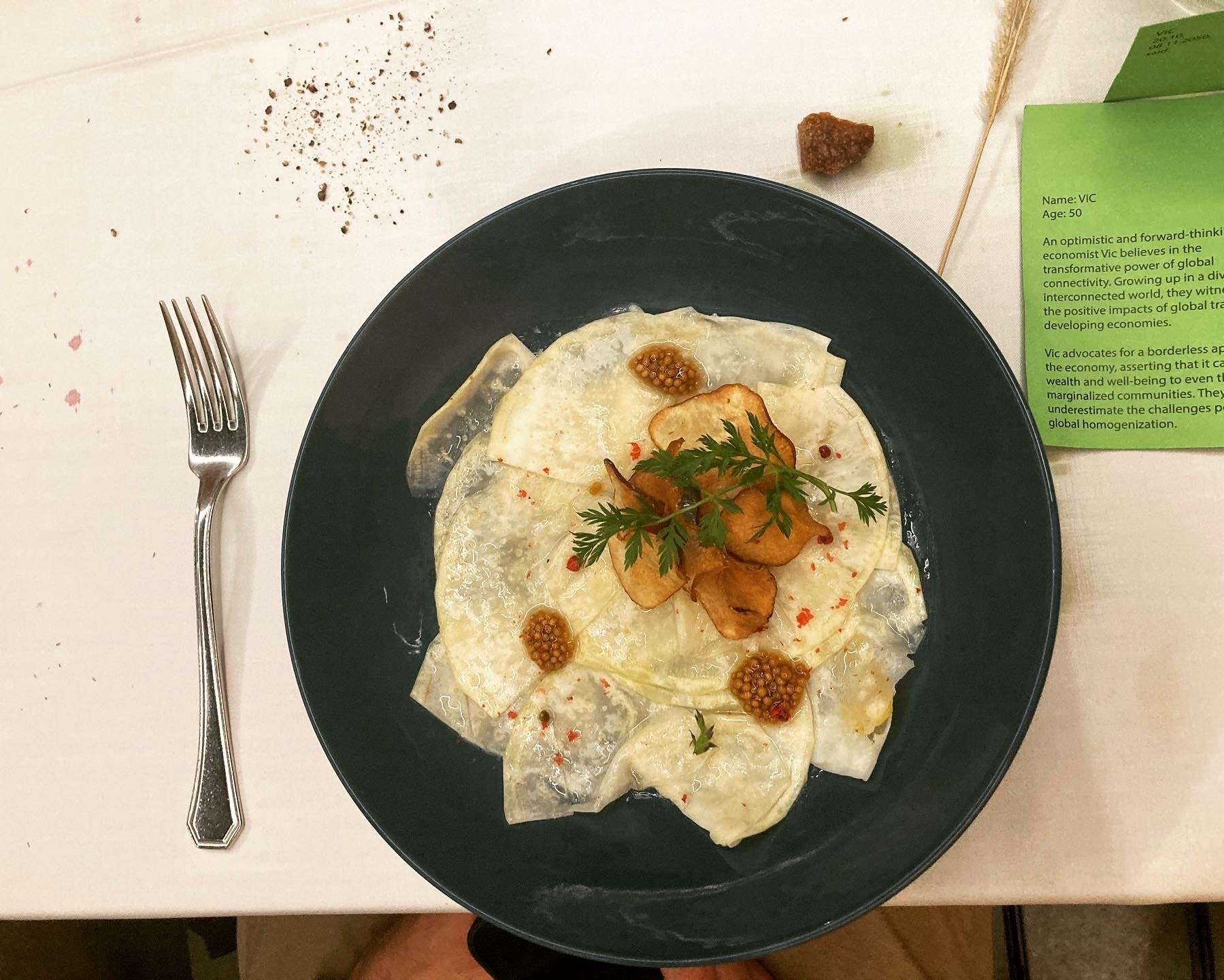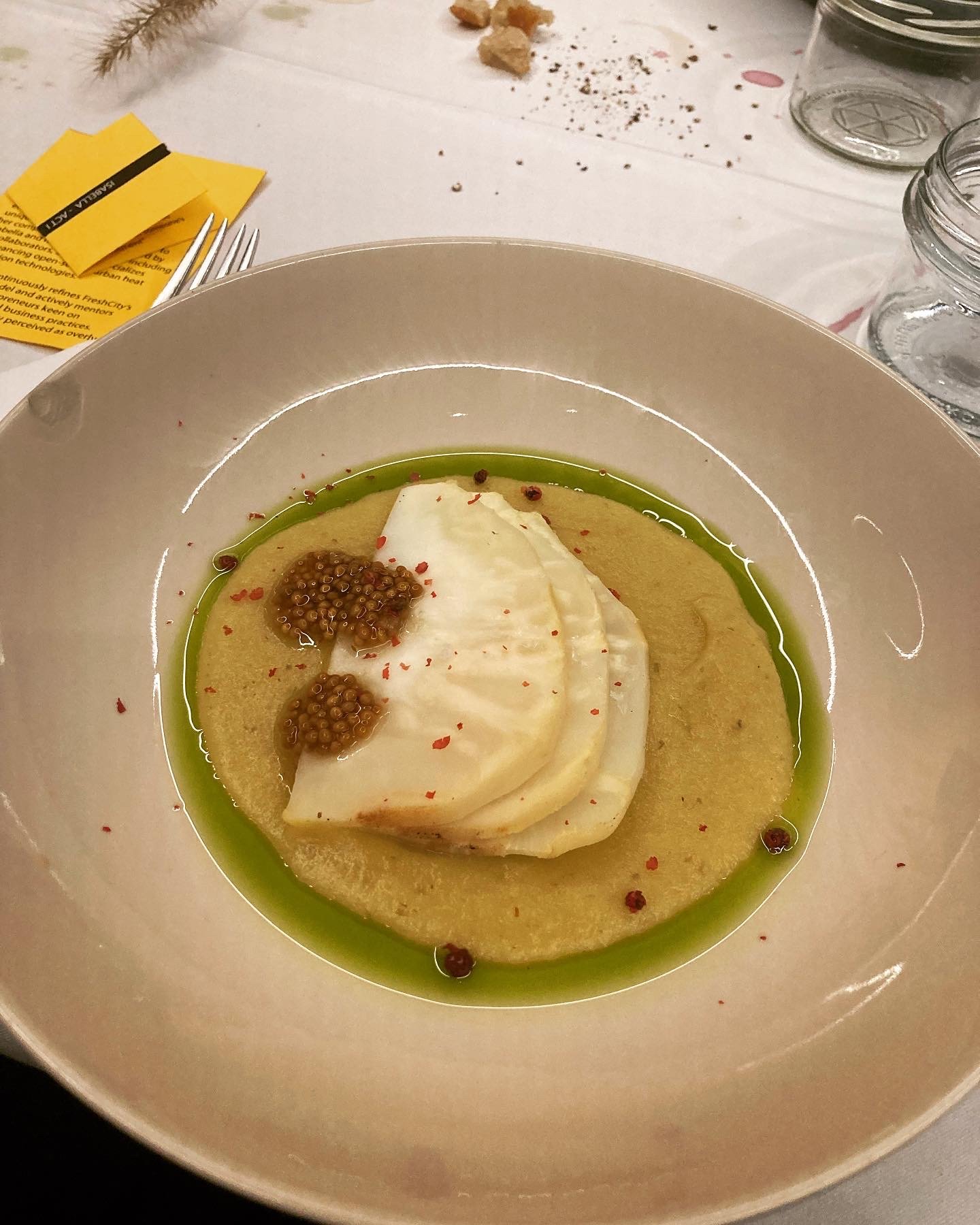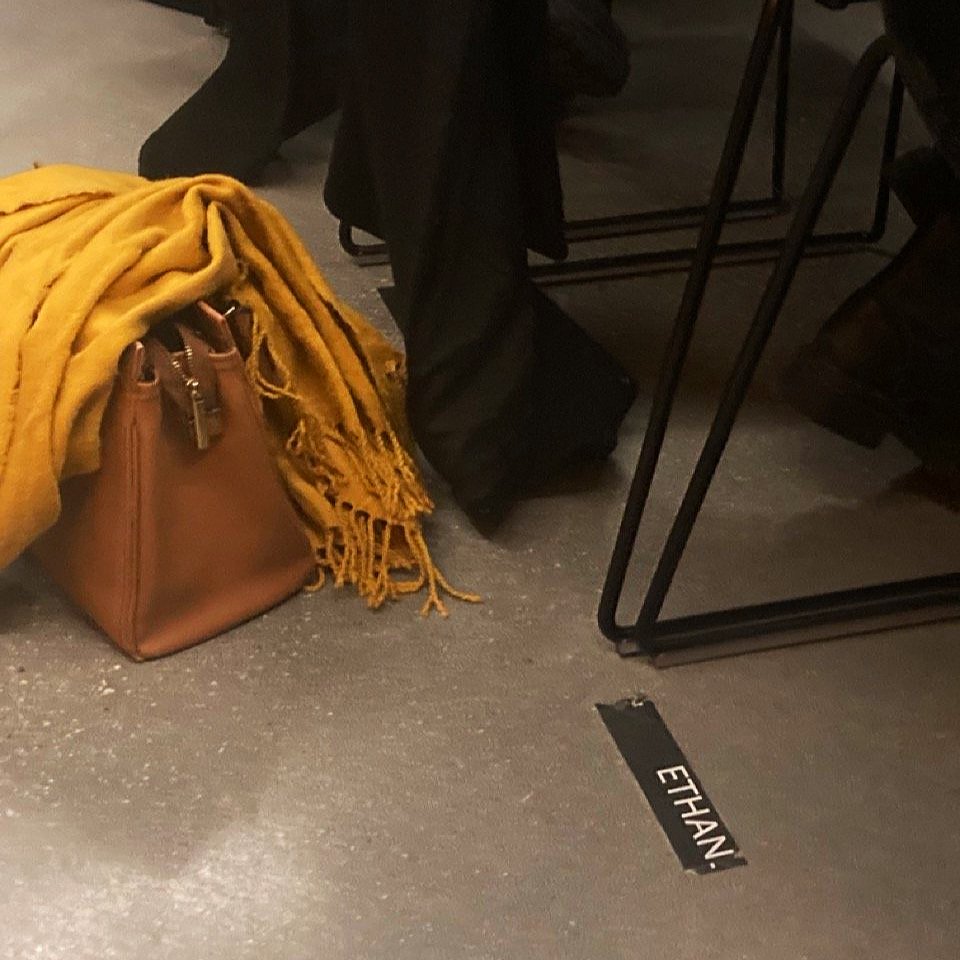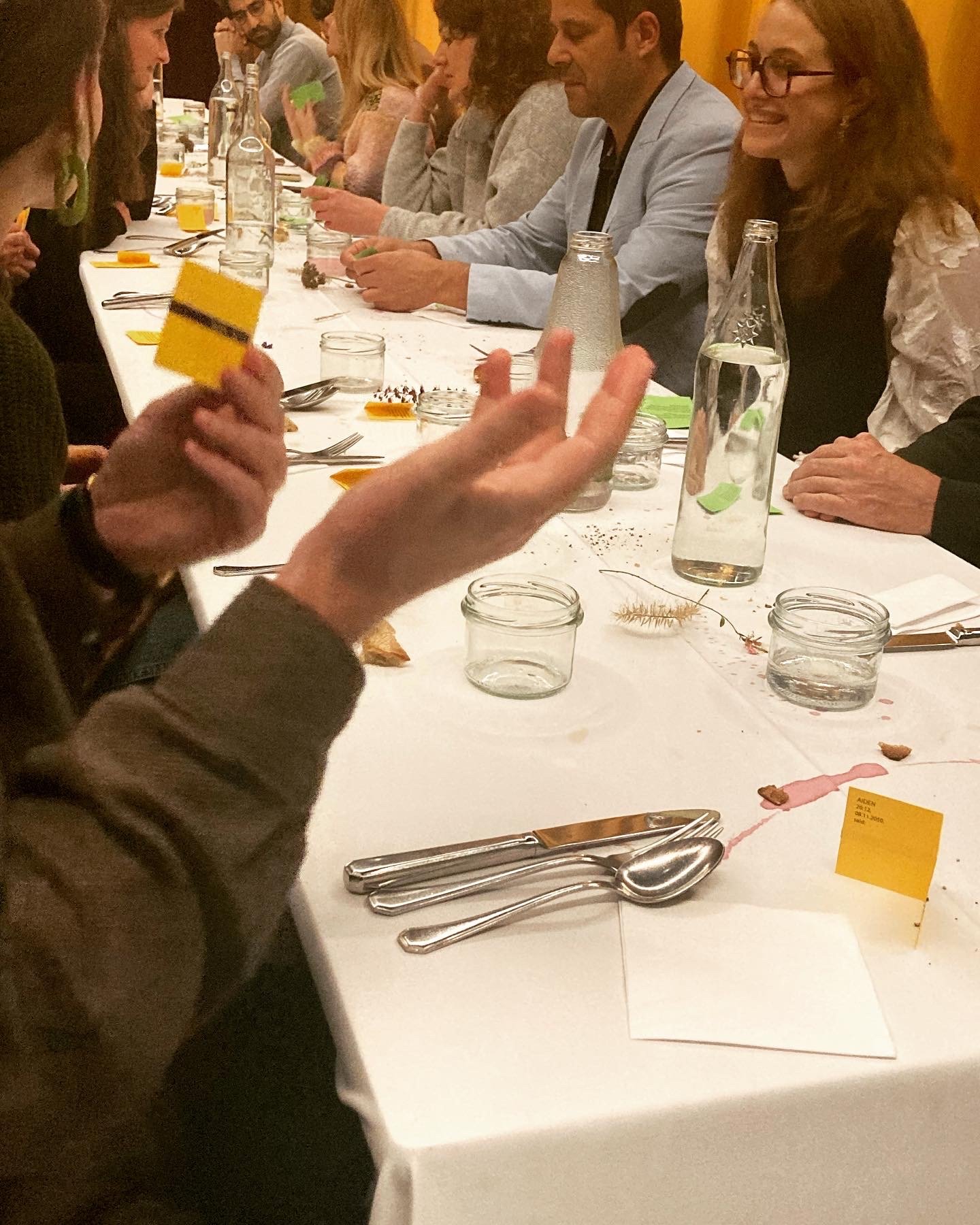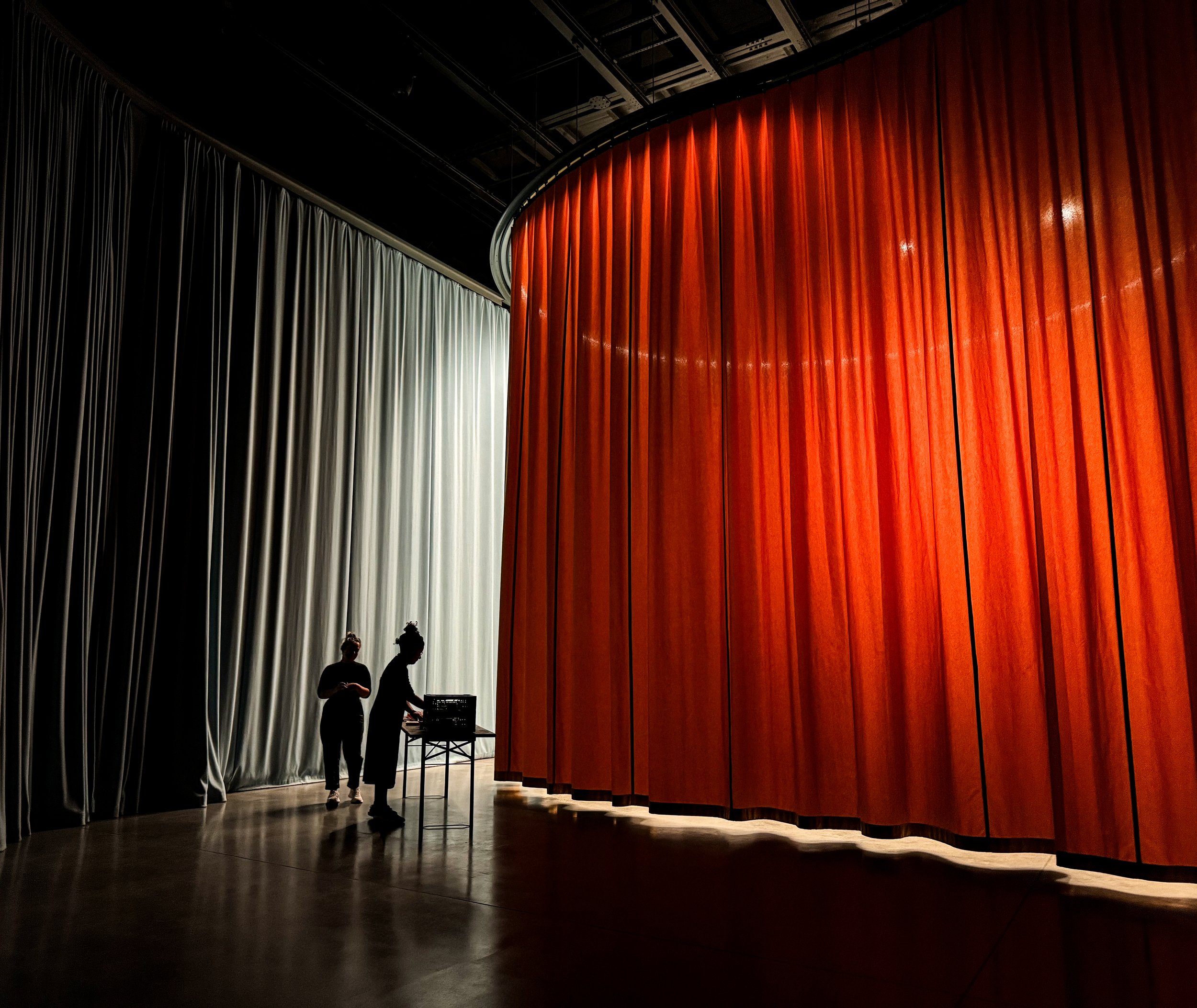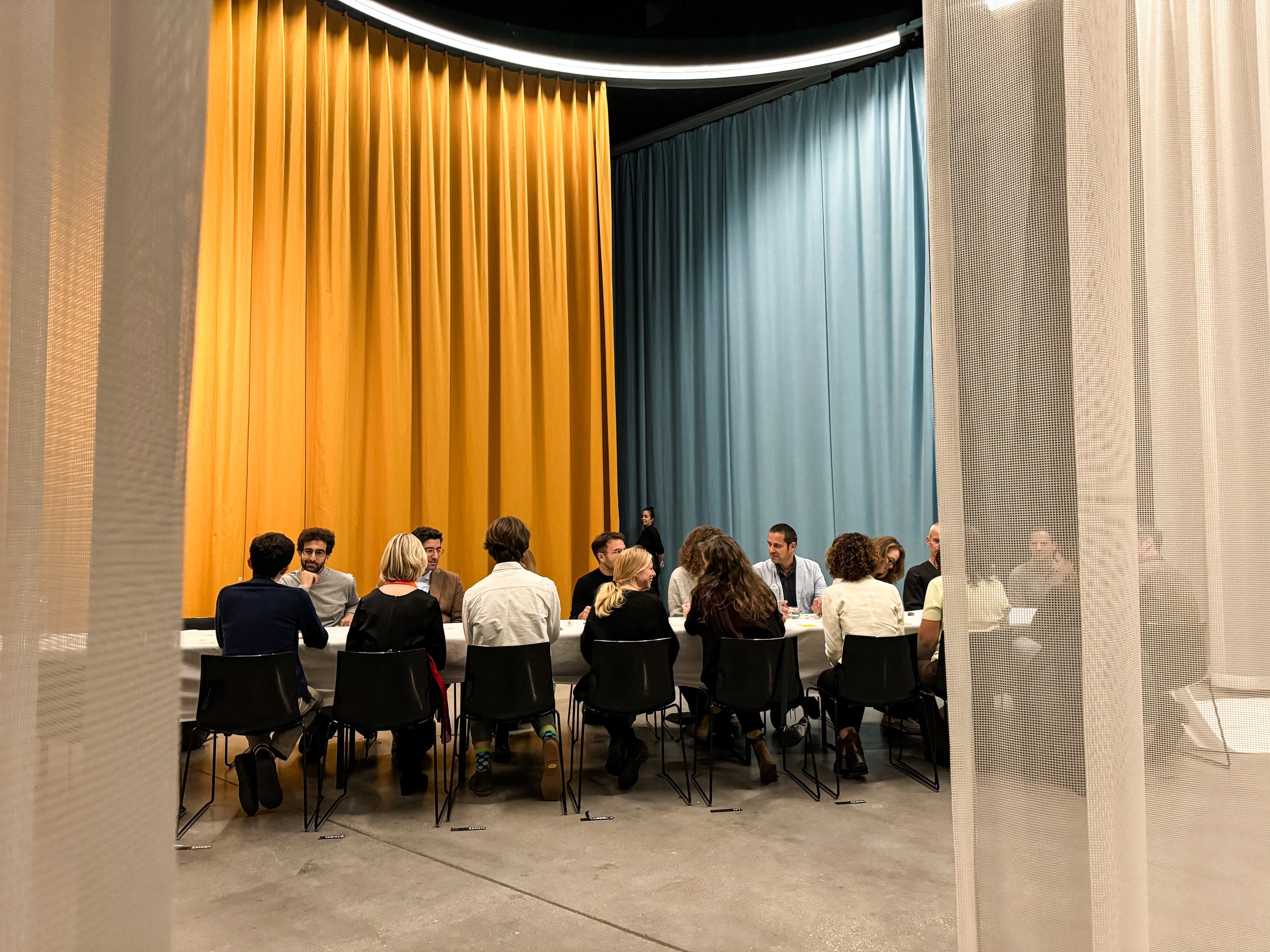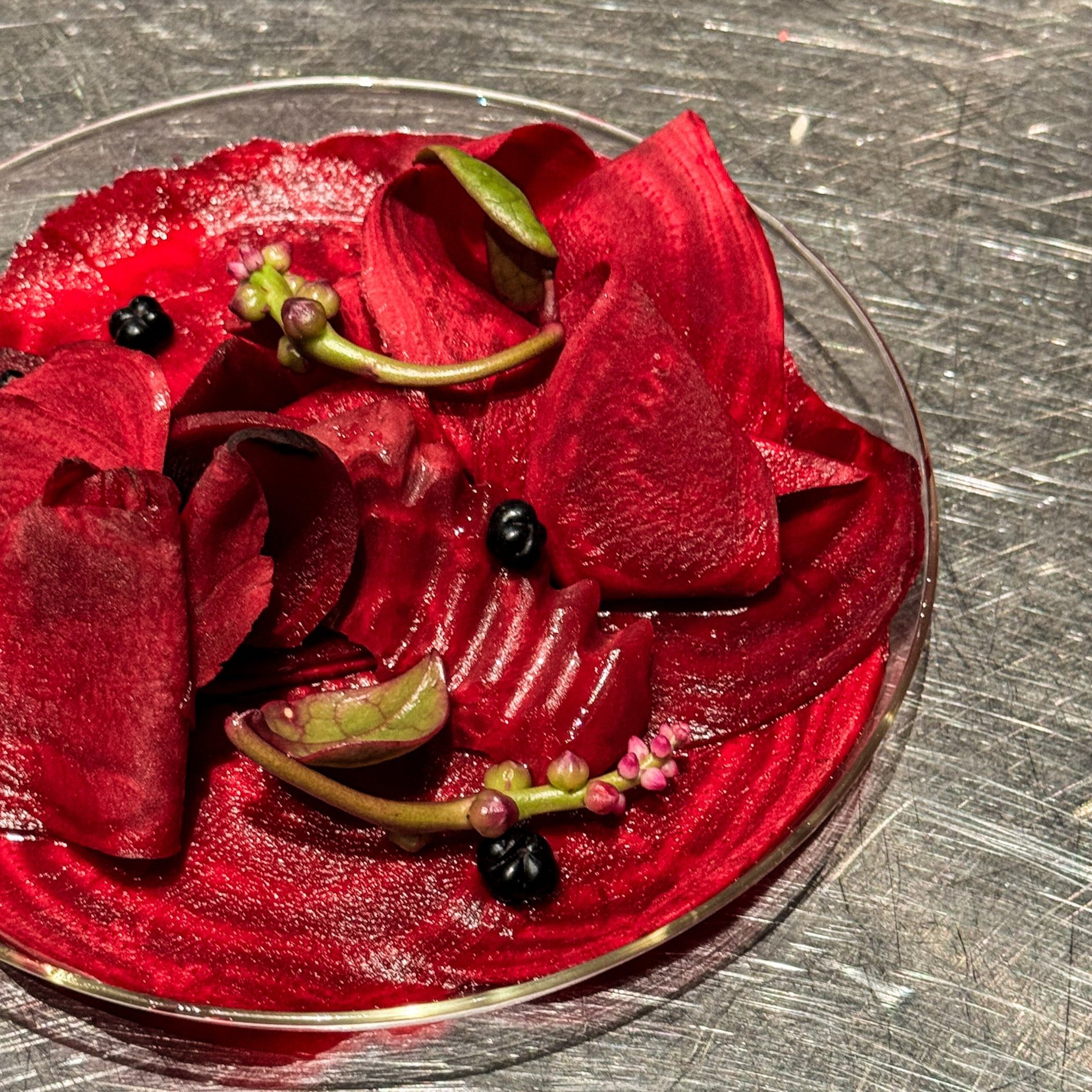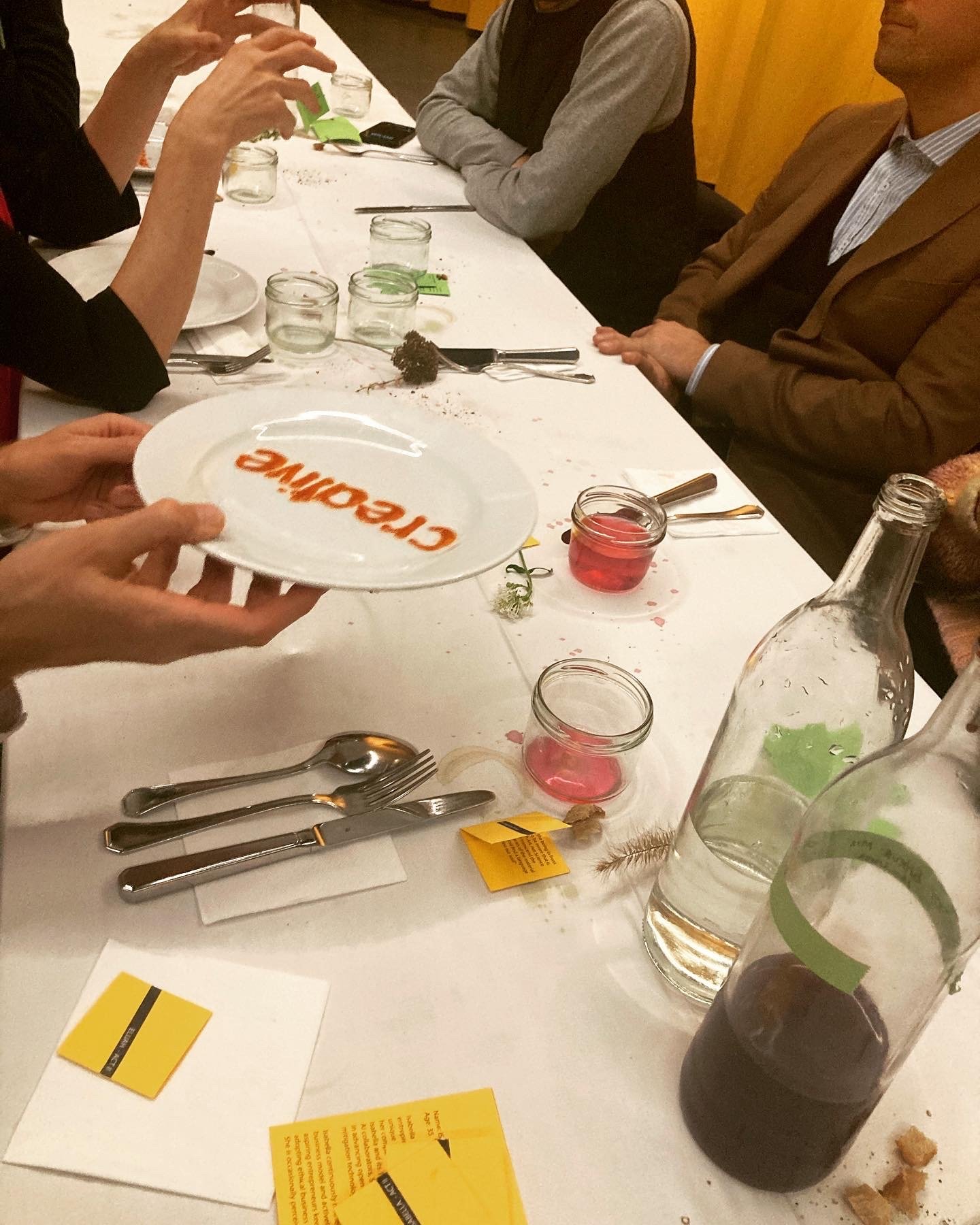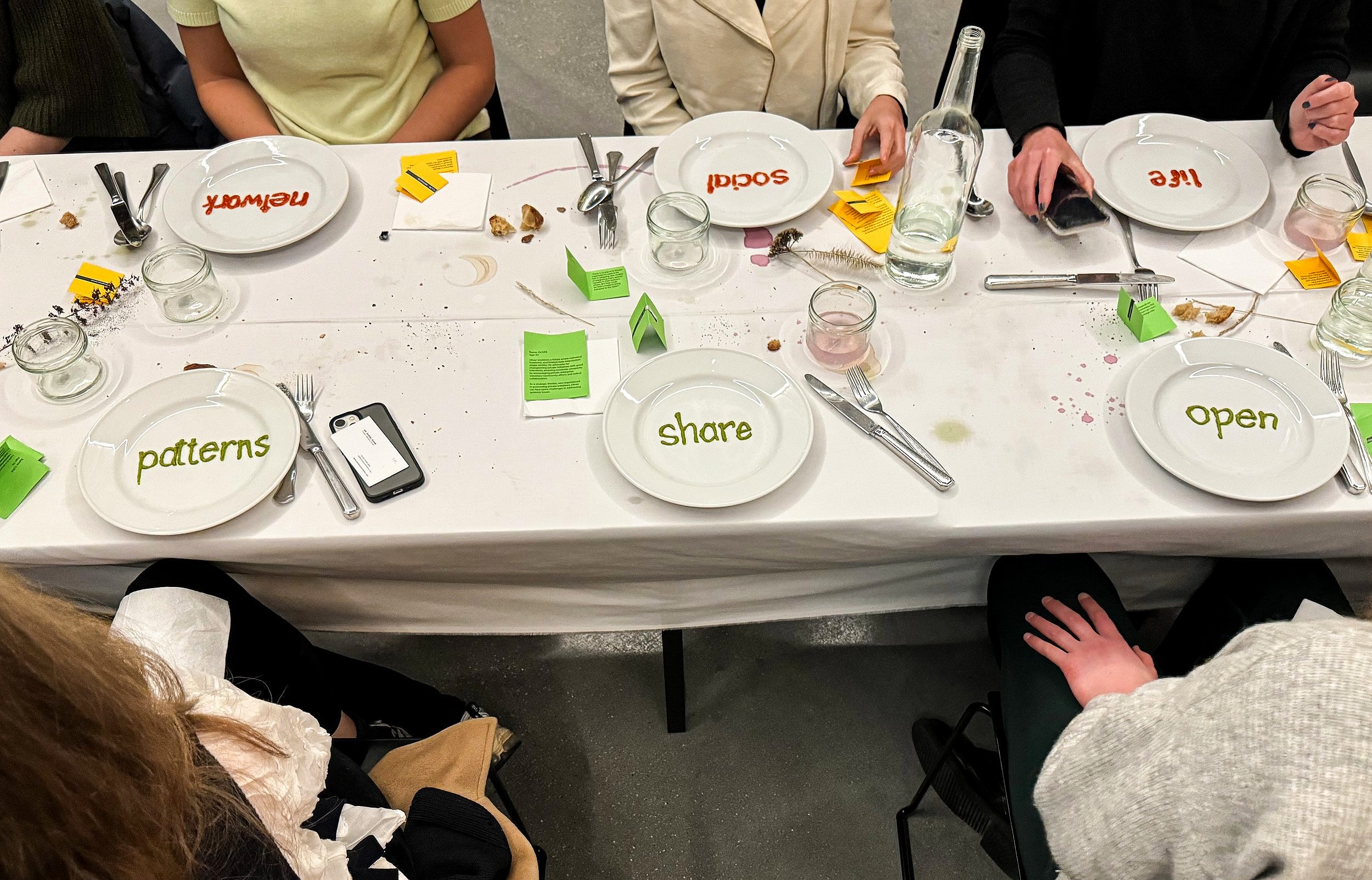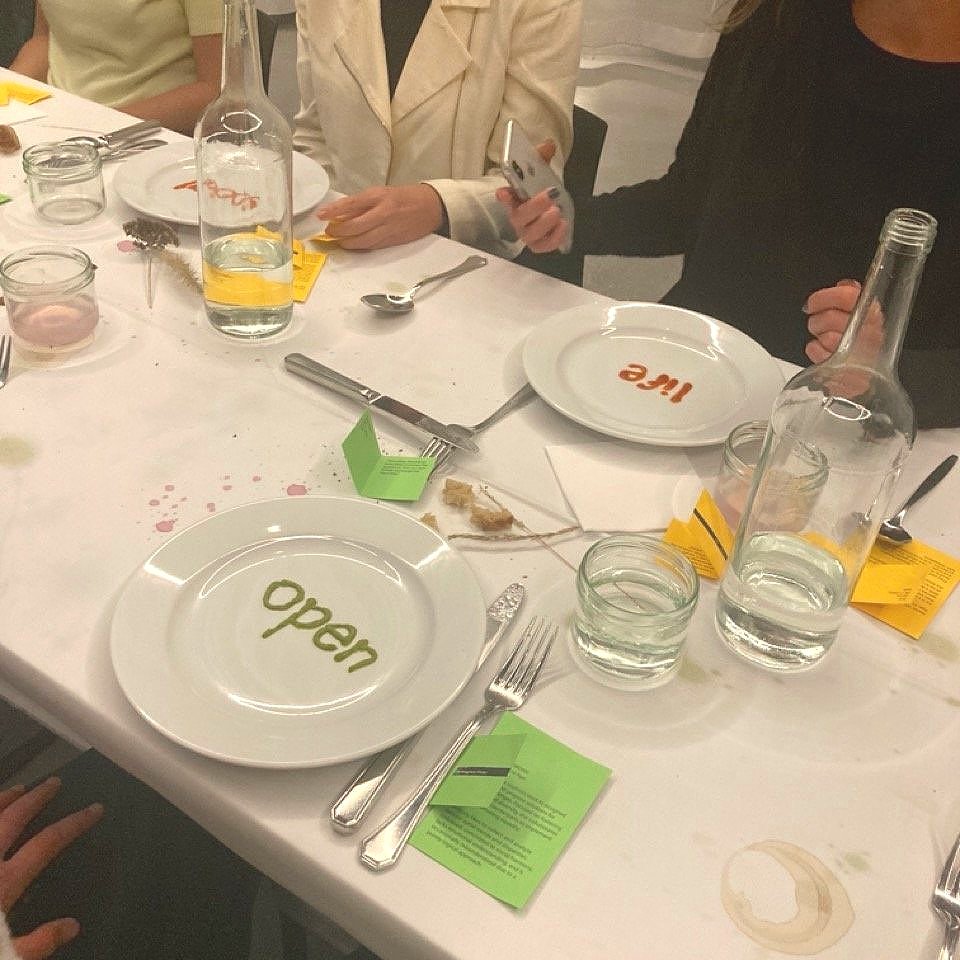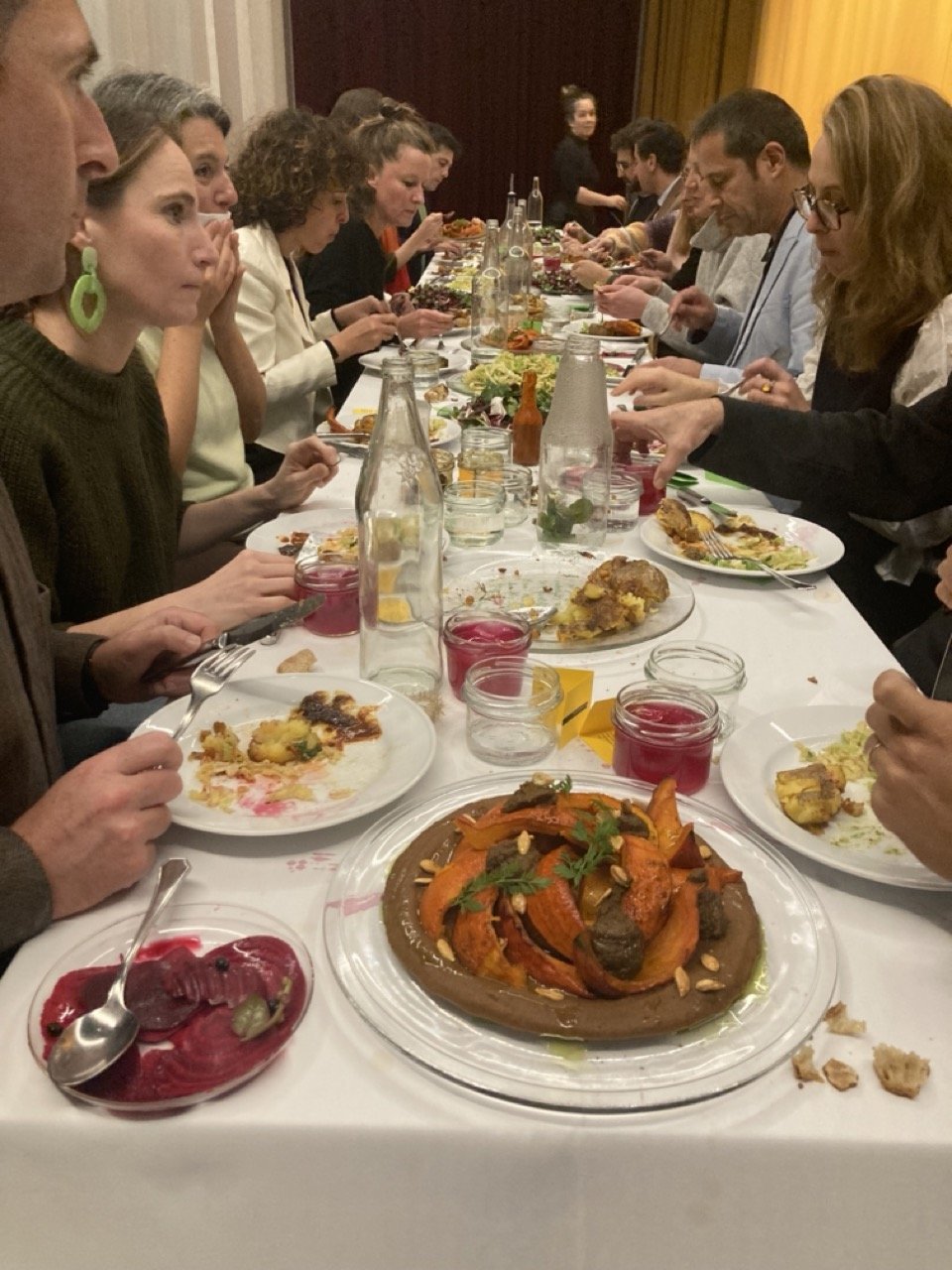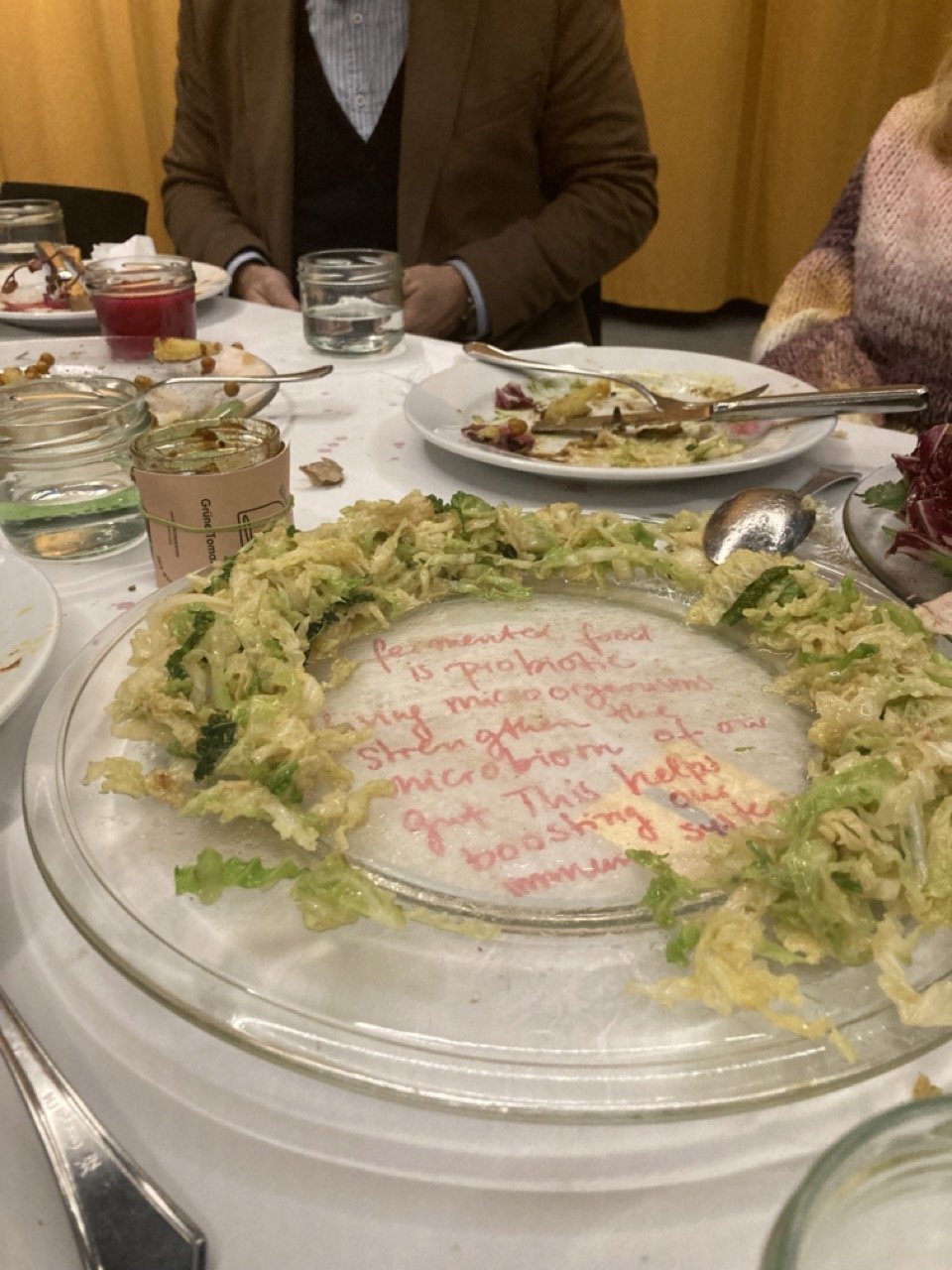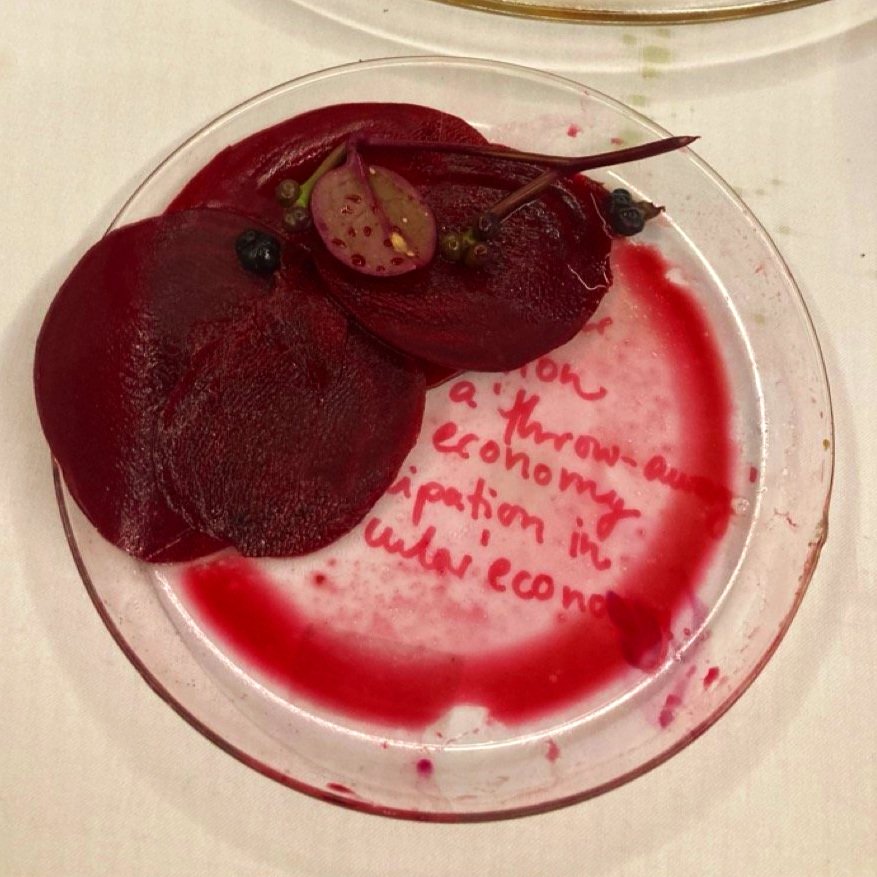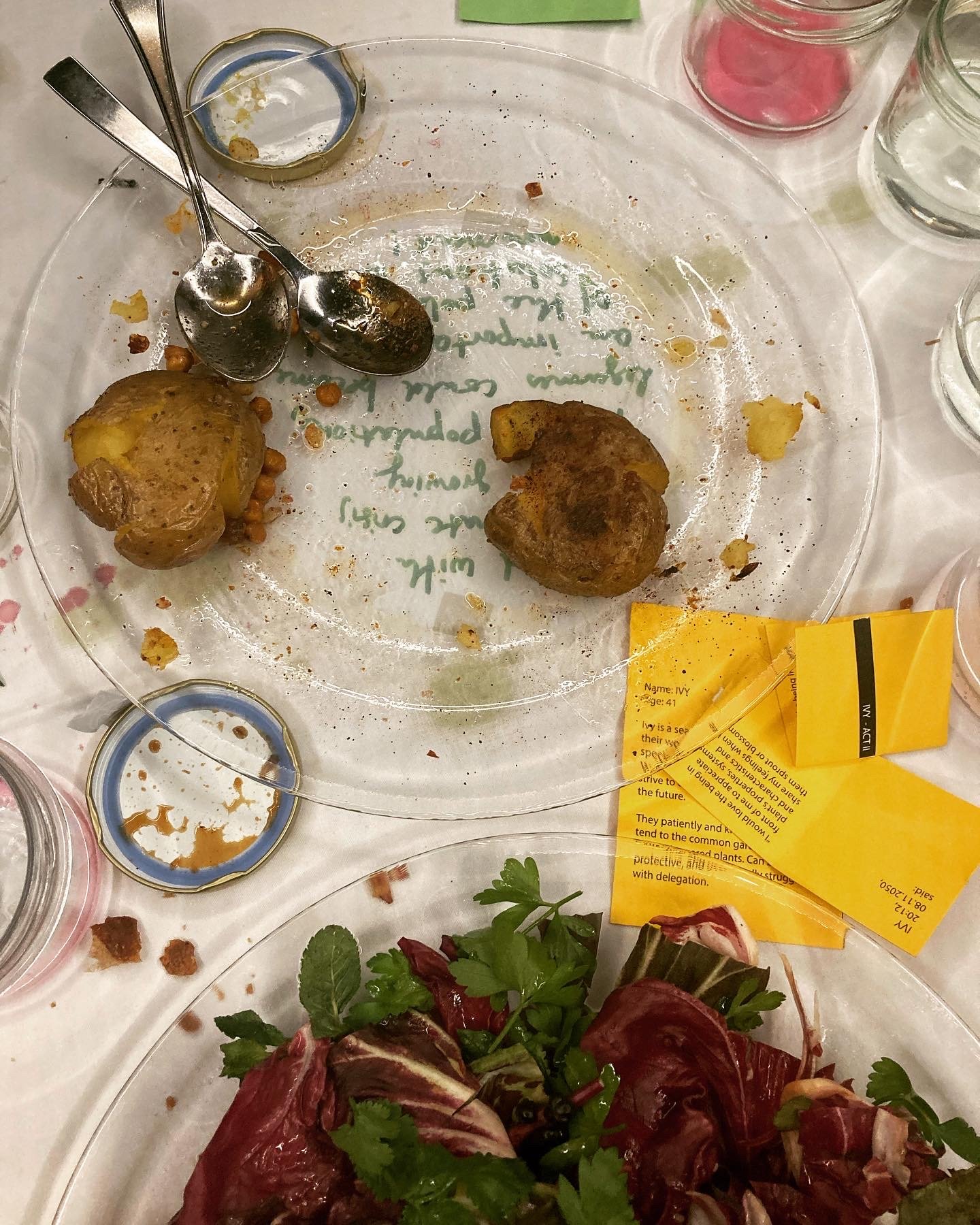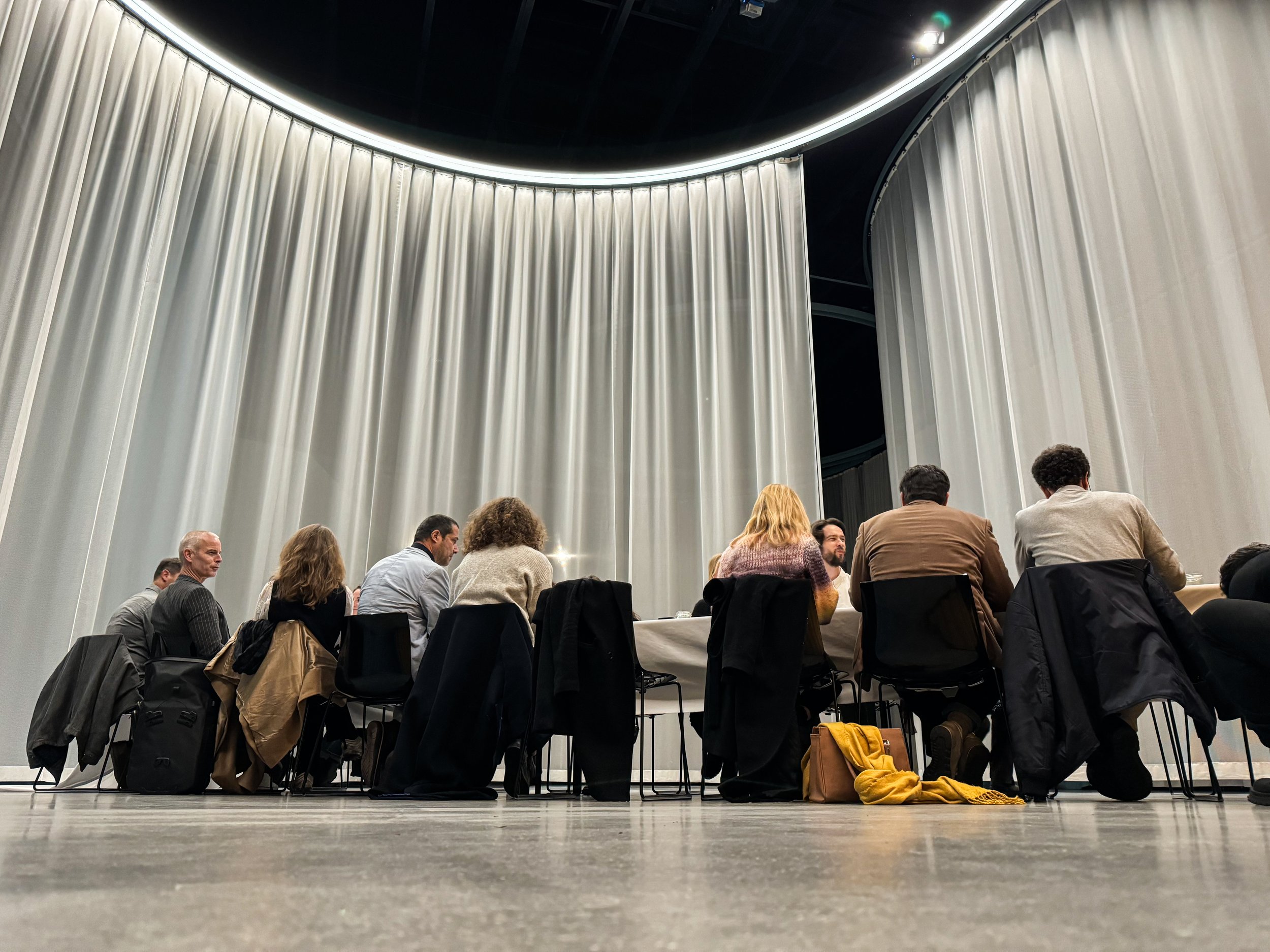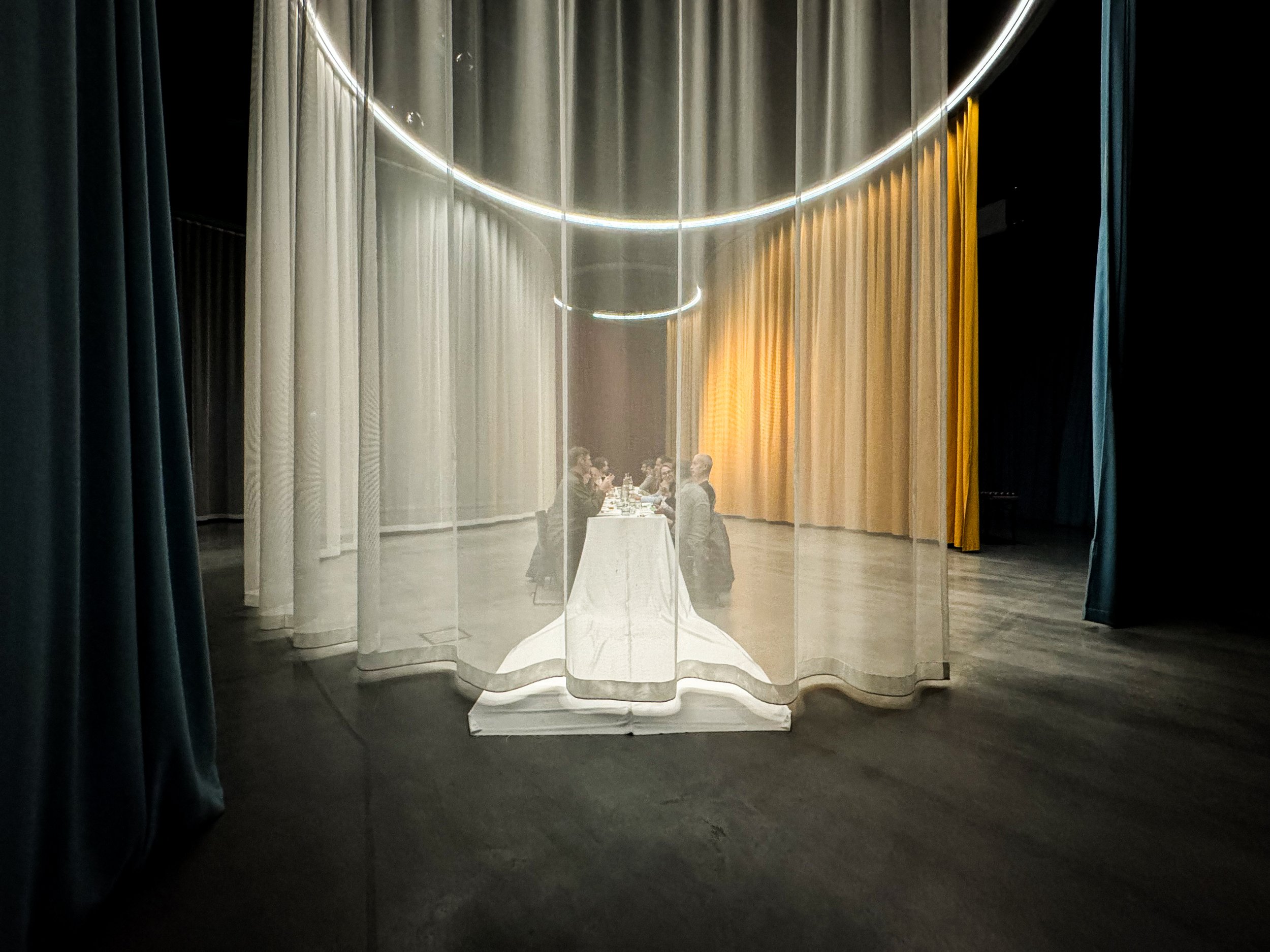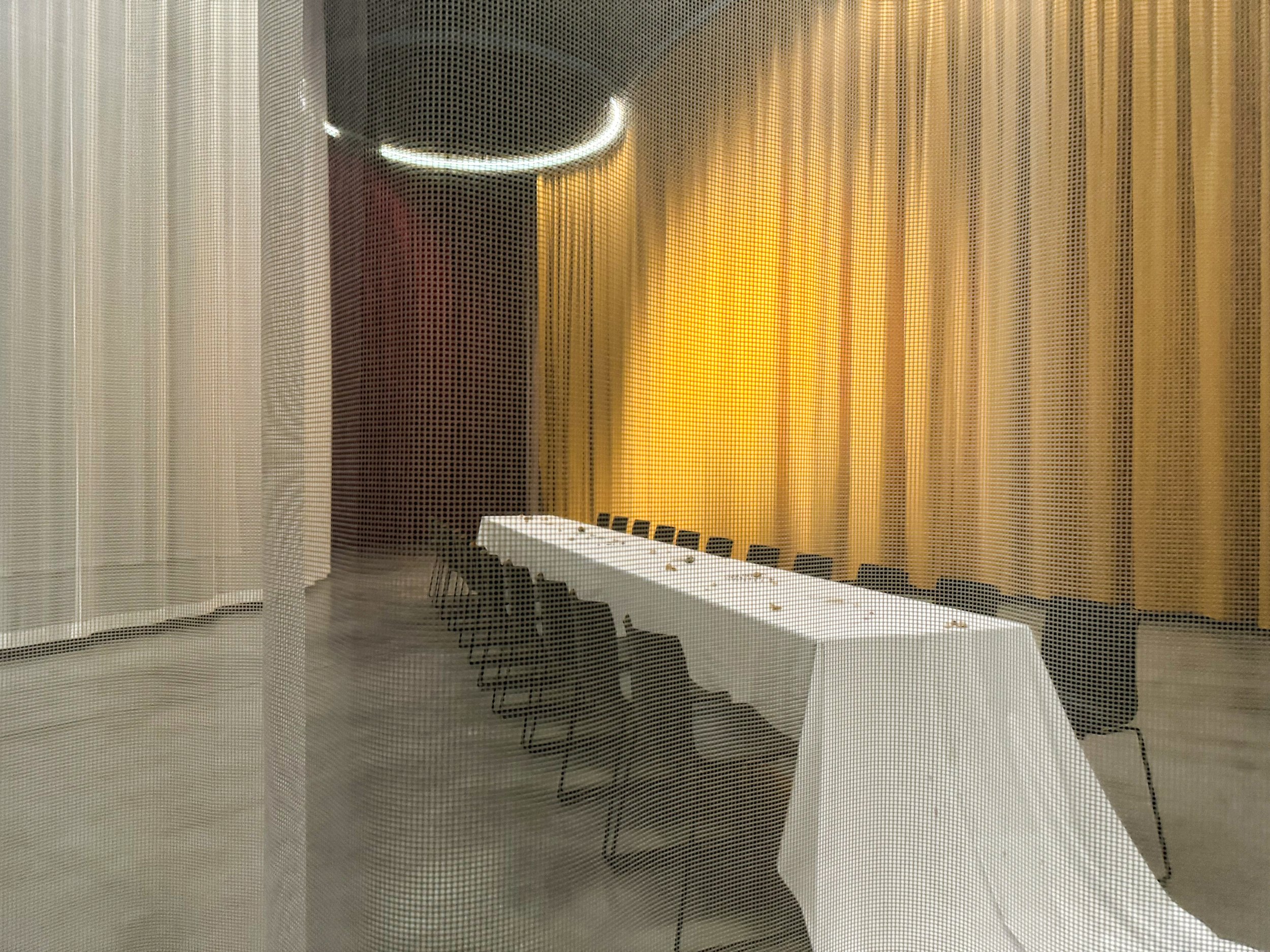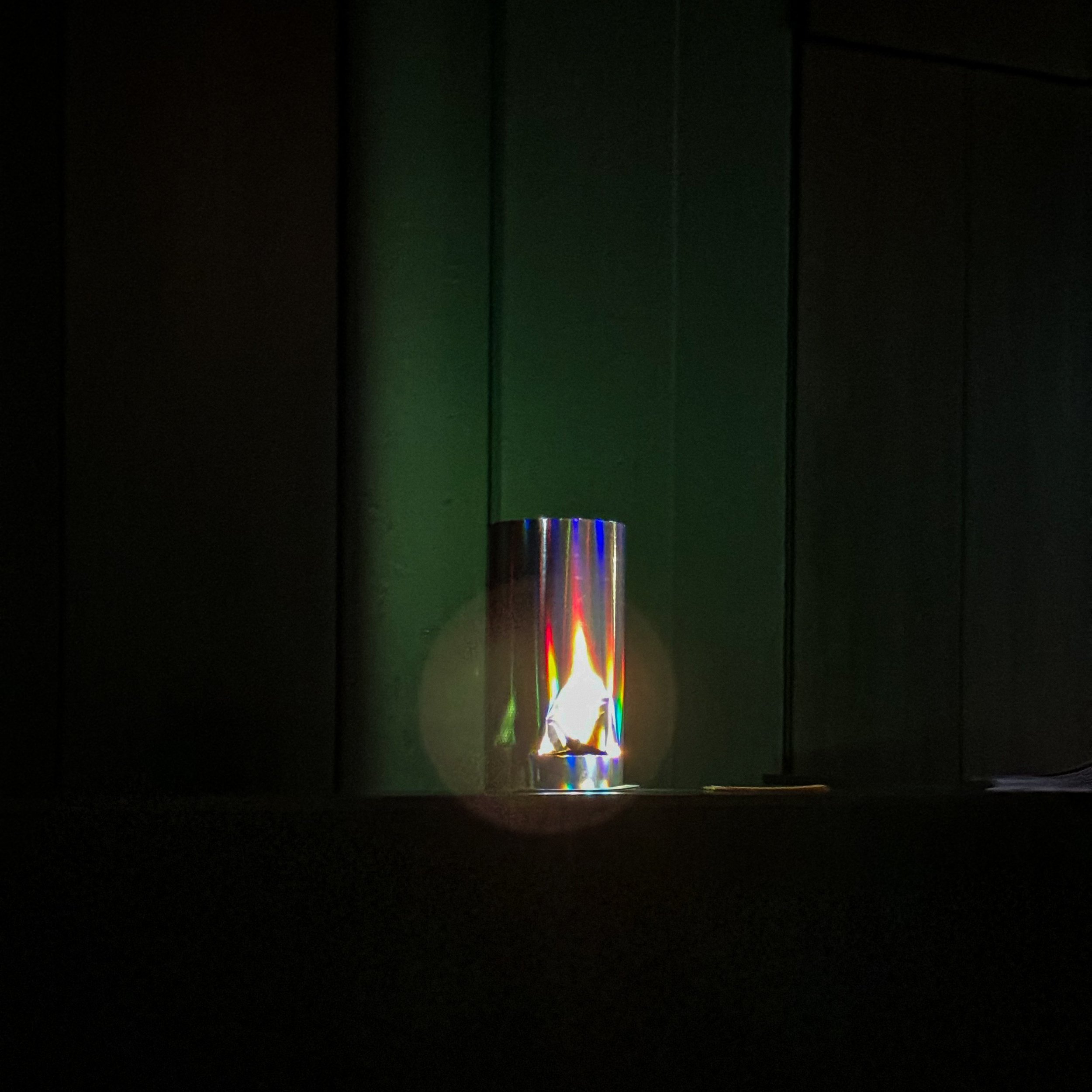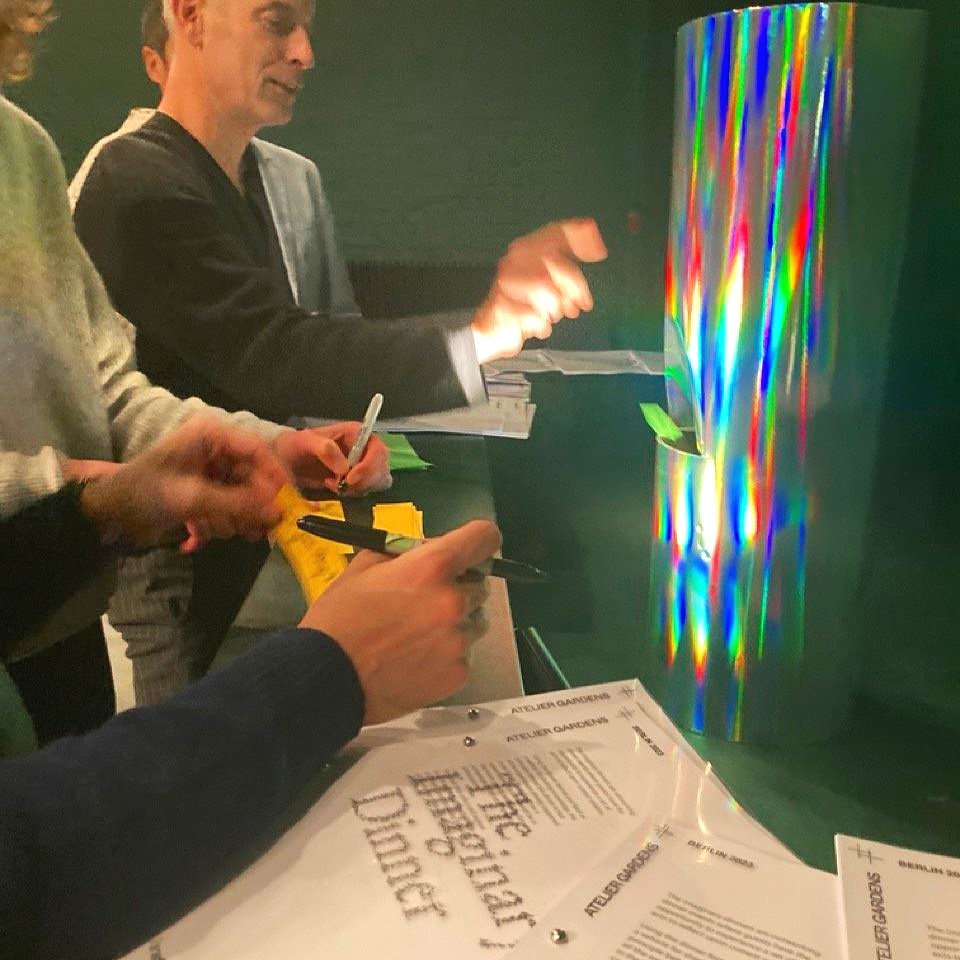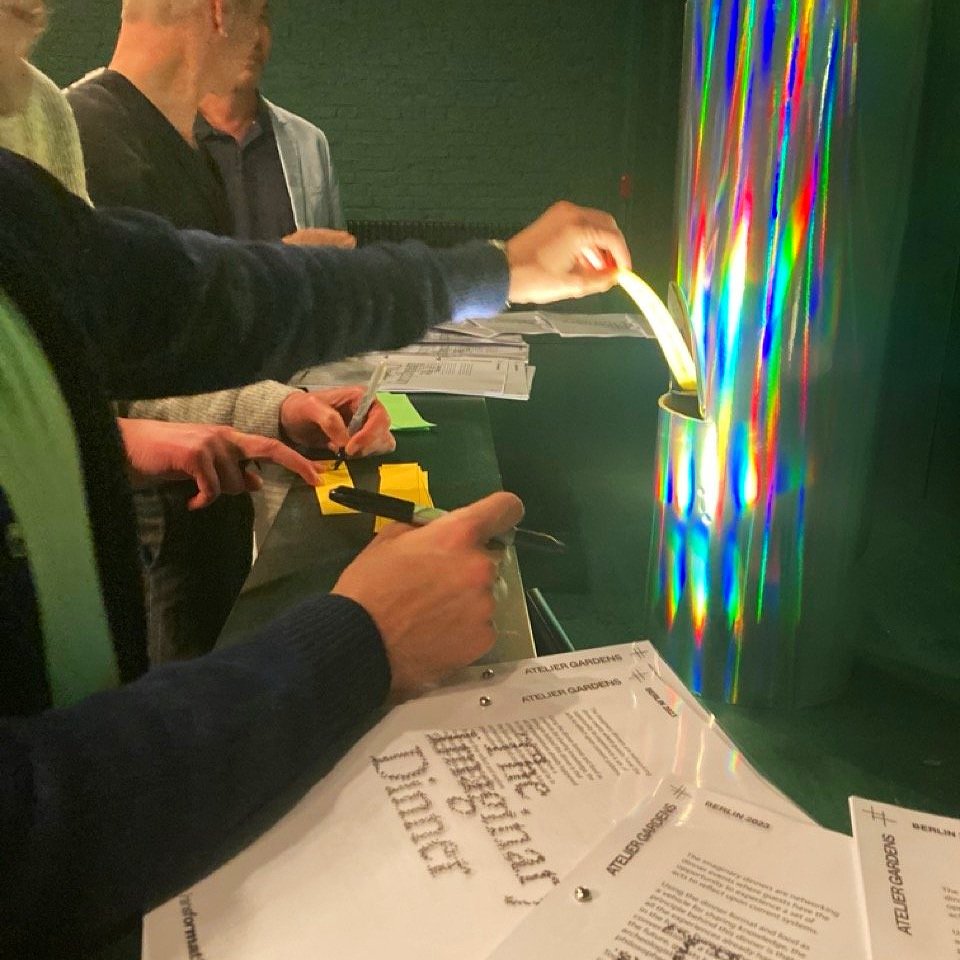The Imaginary Dinner
Imaginary dinners unfold as captivating networking events, inviting guests to immerse themselves in a curated series of performances designed to provoke contemplation of present-day systems. In this unique dining experience, the format of the meal and the culinary offerings serve as conduits for the exchange of knowledge. The underlying principle guiding these gatherings is the intriguing notion that all experiences have already unfolded in the future.
As guests envision the nature of future table conversations, they assume the roles of both futuristic archaeologists and contemporary philosophers. With a shared commitment to intellectual exploration, they collectively navigate the realms of current and prospective possibilities. This journey involves a careful examination and discussion of glimpses into the future, gradually unveiled and savored at the communal dining table.
The Imaginary Dinner series is a project in collaboration with with company.
skills:
co-creation
conceptual storytelling
food concept
The Imaginary Dinner No.01: Exploring the relationship between intelligence and wisdom.
We all live in systems. Our lives are a complex network of systems interacting with each other. Some of them are very visible, like our city’s transport network, while others are more invisible, like all the satellite technology that makes our phones operate. More hidden from our sight but highly valuable are the systems of thinking that rule how we see, understand, and interpret our world.
Different cultures have different approaches towards how to solve and how to deal with specific challenges. A problem has many ways to be addressed. This is valid in human education, where not a single method could be said to be better than others, and currently, we have dozens of educational methods worldwide. The same applies to other invisible elements of human behavior like, religion, laws, beauty concepts, and even innovation approaches.
It’s precisely this usually hidden layer of innovation that we decided to explore with this dinner: the roots of how we think and see problems. The world is becoming small and planetary problems are officially everyone’s business. From the moment we need to collaborate with different cultures and institutions, it’s the moment when we need to understand what are our starting points when we address a global challenge.
Both intelligence and wisdom are closely related, but they are often misinterpreted as antagonists instead of complimentary. And when thinking about creating new innovations, both local and global, exploring them as extremes of the same path is a gate to open new perspectives and possibilities.
June 2023, in collaboration with Lobe Block and Lobe Canteen, Berlin
The Imaginary Dinner No.02: Exploring the relationship between fast and slow.
We all live in systems. Our lives are a complex network of systems interacting with each other. Some of them are very visible, like our city’s transport network, while others are more invisible, like all the satellite technology that makes our phones operate. More hidden from our sight but highly valuable are the systems of thinking that govern how we see, understand, and interpret our world.
Different cultures have different approaches to solving and dealing with specific challenges. A problem has many ways to be addressed. This is valid in human education, where not a single method could be said to be better than others, and currently, we have dozens of educational methods worldwide. The same applies to other invisible elements of human behavior like religion, laws, beauty concepts, and even innovation approaches.
It’s precisely this usually hidden layer of innovation that we decided to explore with this dinner: the roots of how we think and see problems. The world is becoming small, and planetary problems are officially everyone’s business. From the moment we need to collaborate with different cultures and institutions, it’s the moment when we need to understand what our starting points are when we address a local challenge.
Both fast and slow approaches are closely related, but they are often misinterpreted as antagonists instead of complementary. And when thinking about creating new innovations, both local and global, exploring them as extremes of the same path is a gate to open new perspectives and possibilities.
November 2023, in collaboration with Atelier Gardens and Roots Radicals, Berlin

